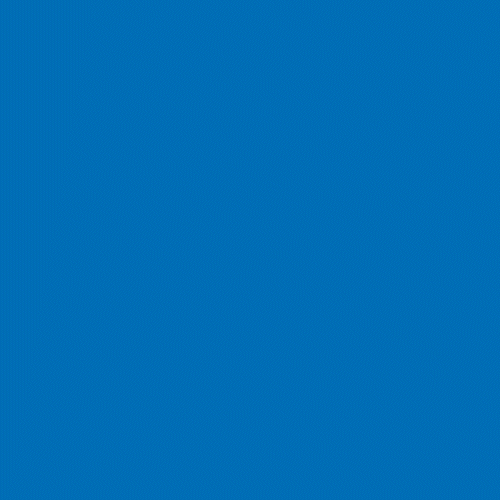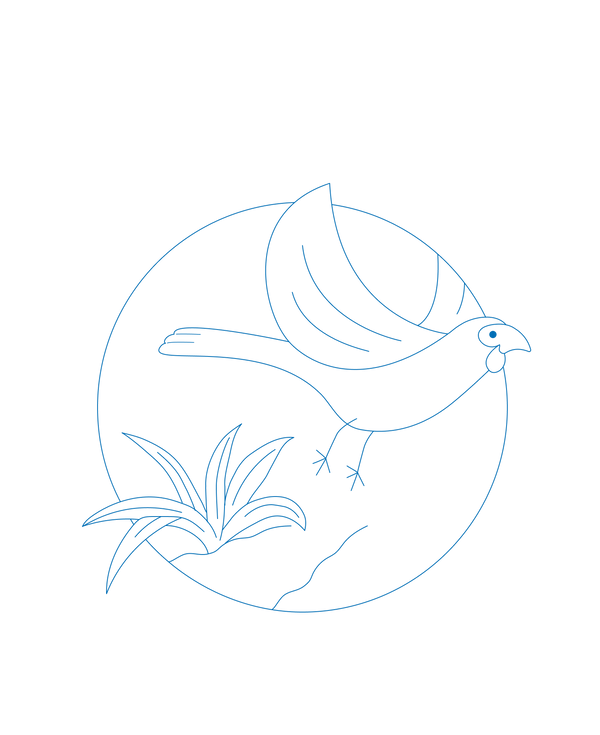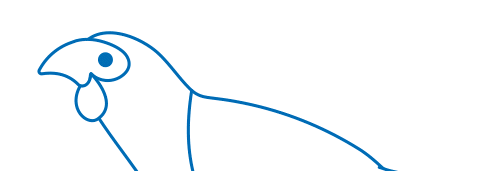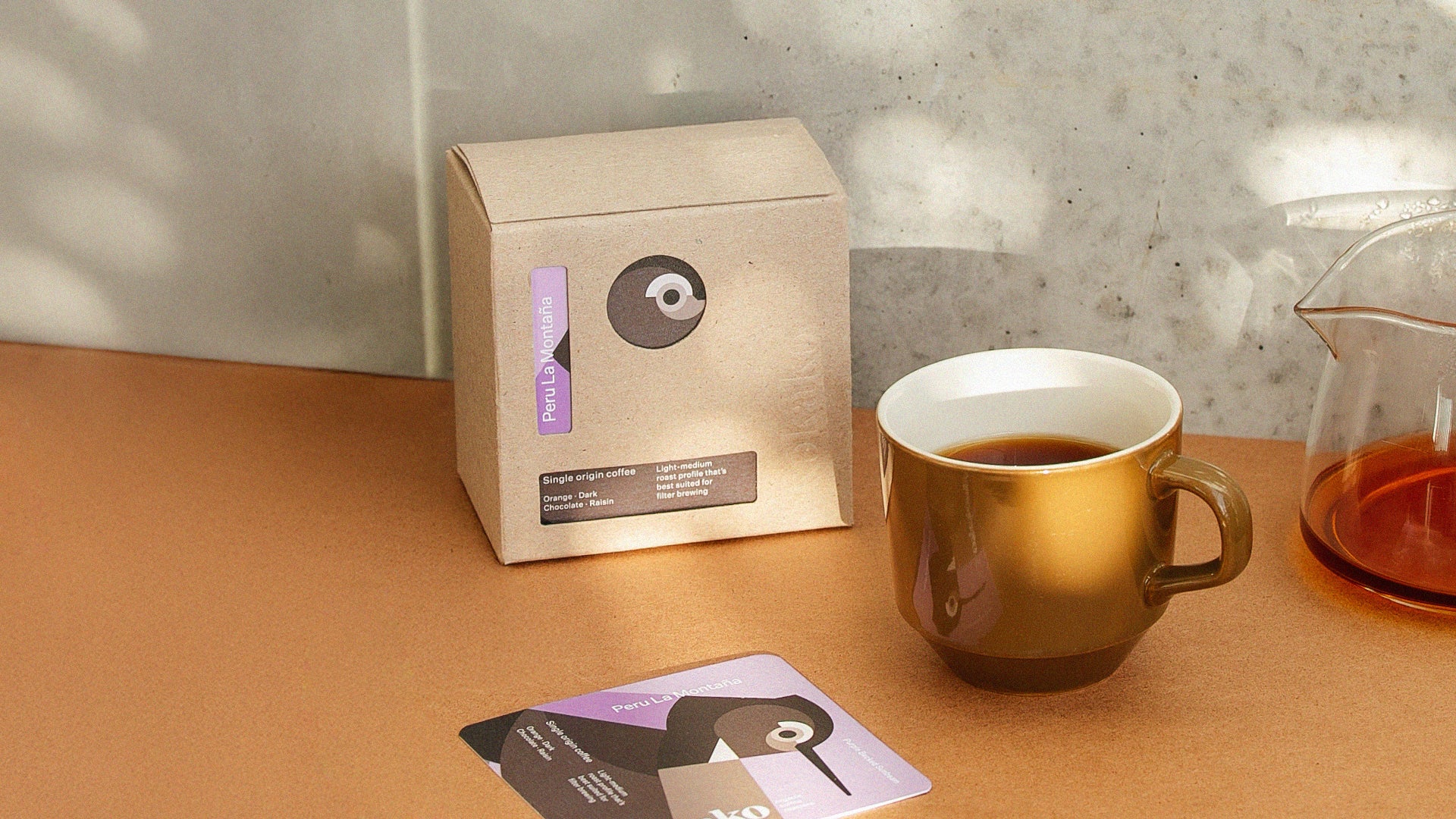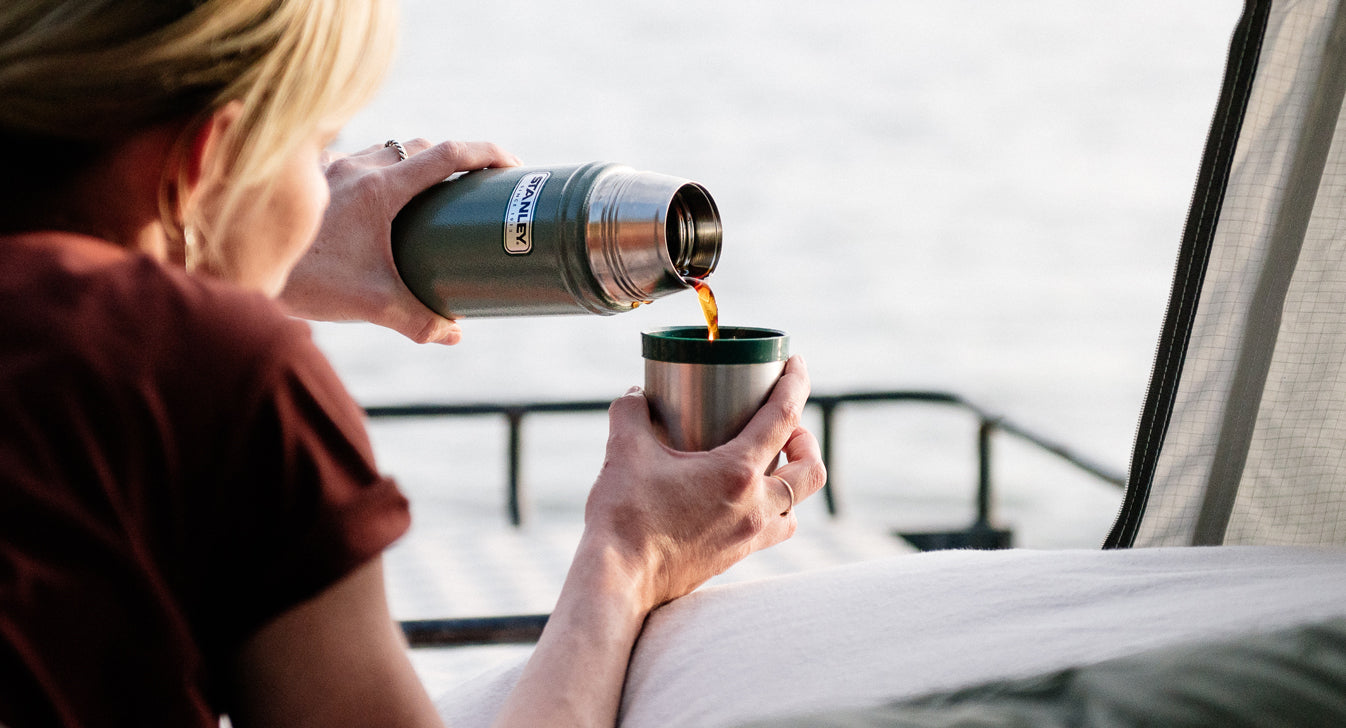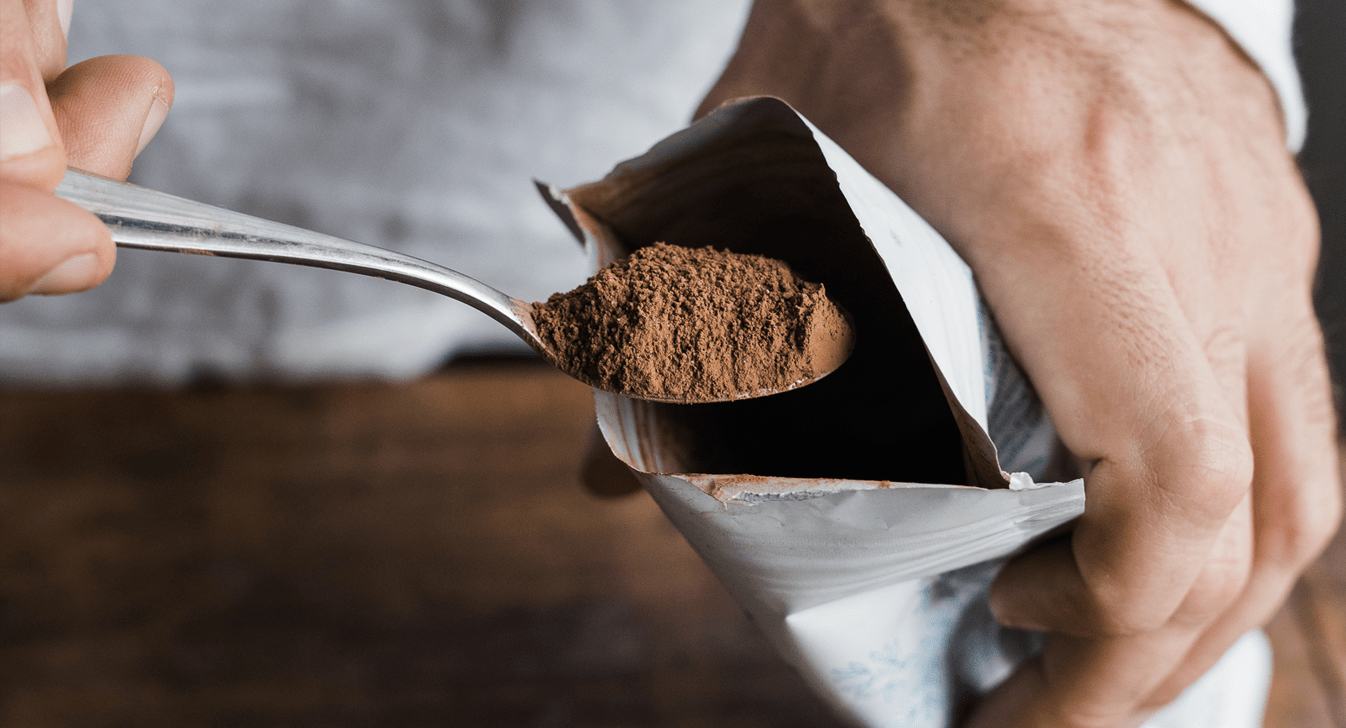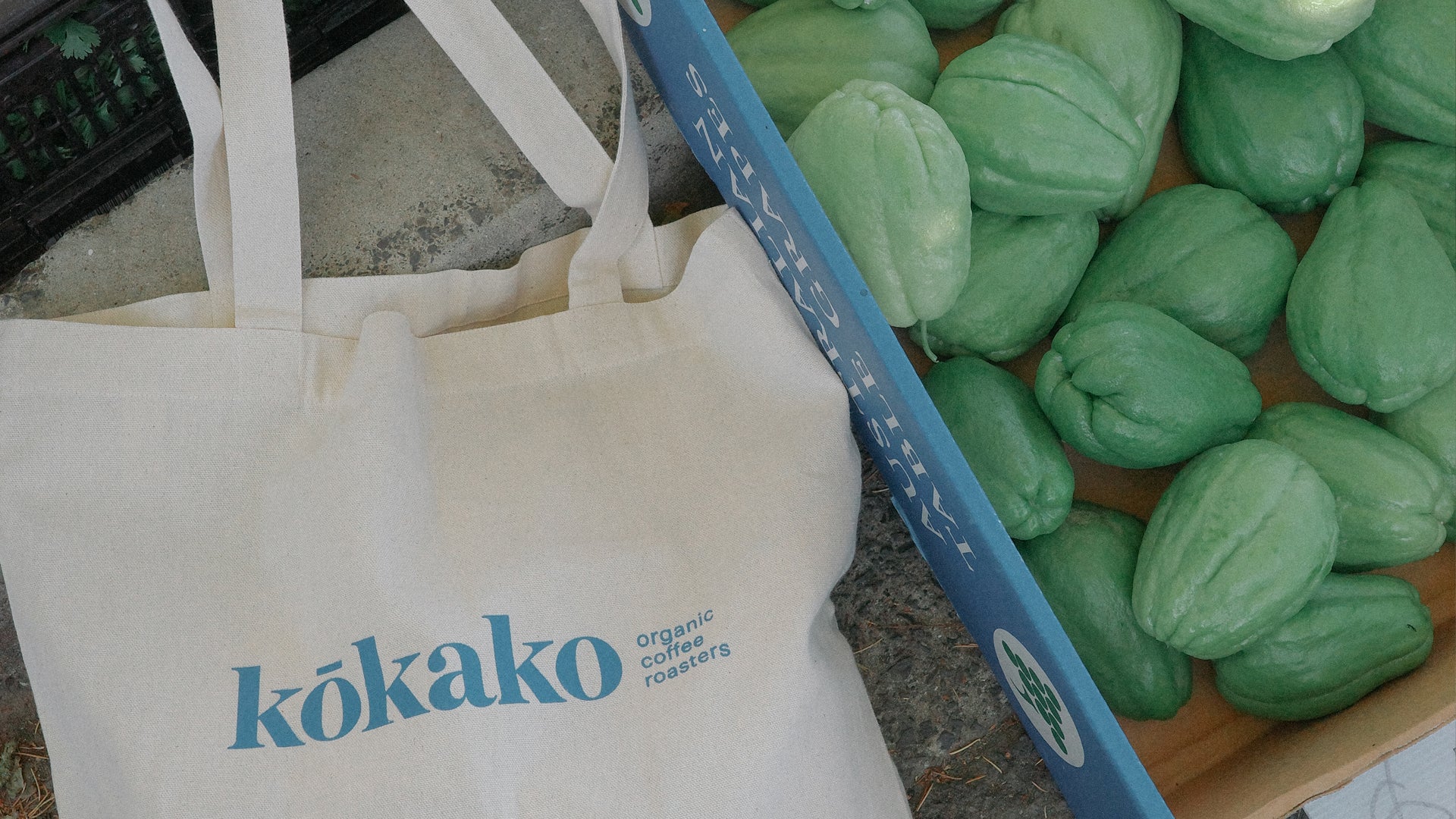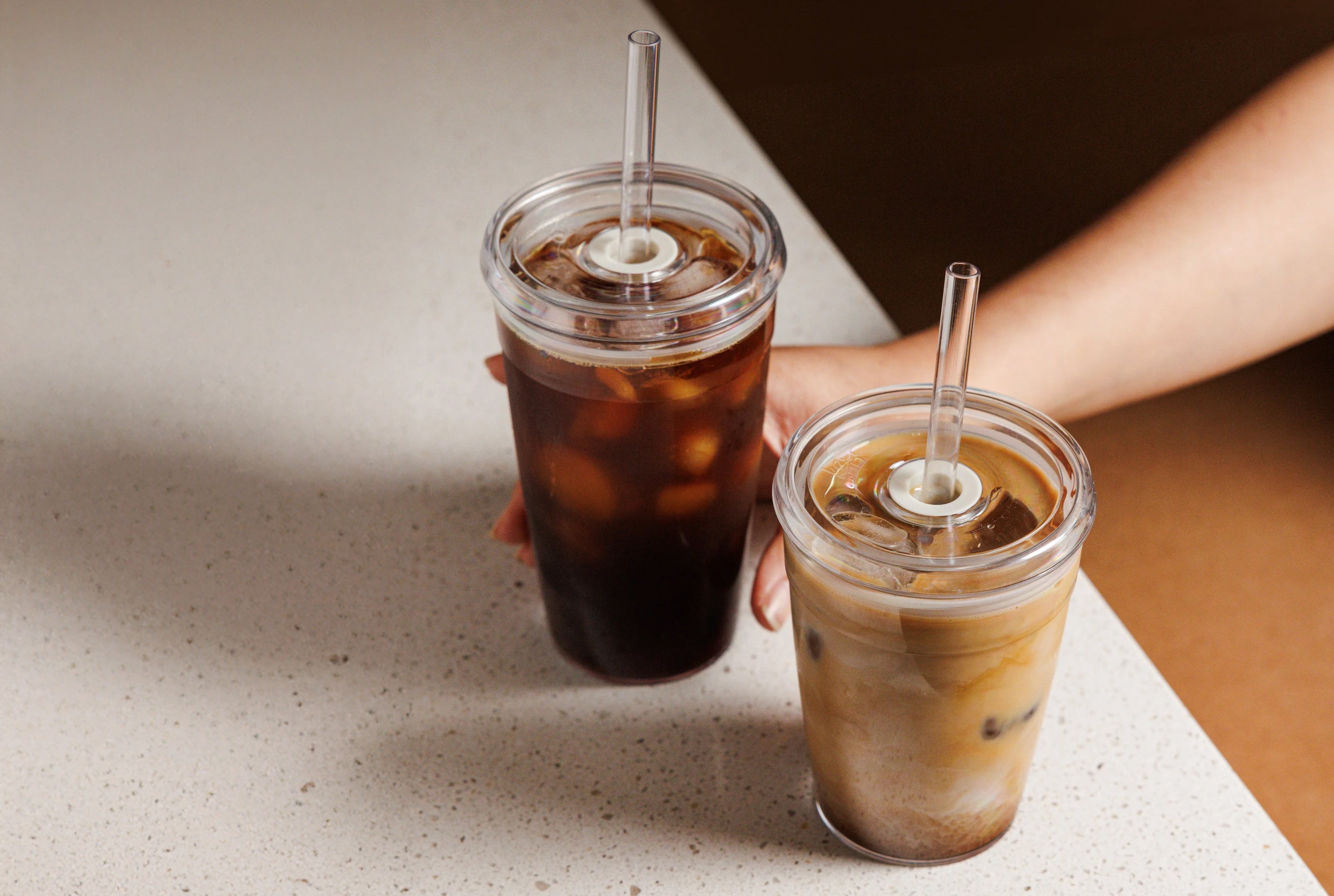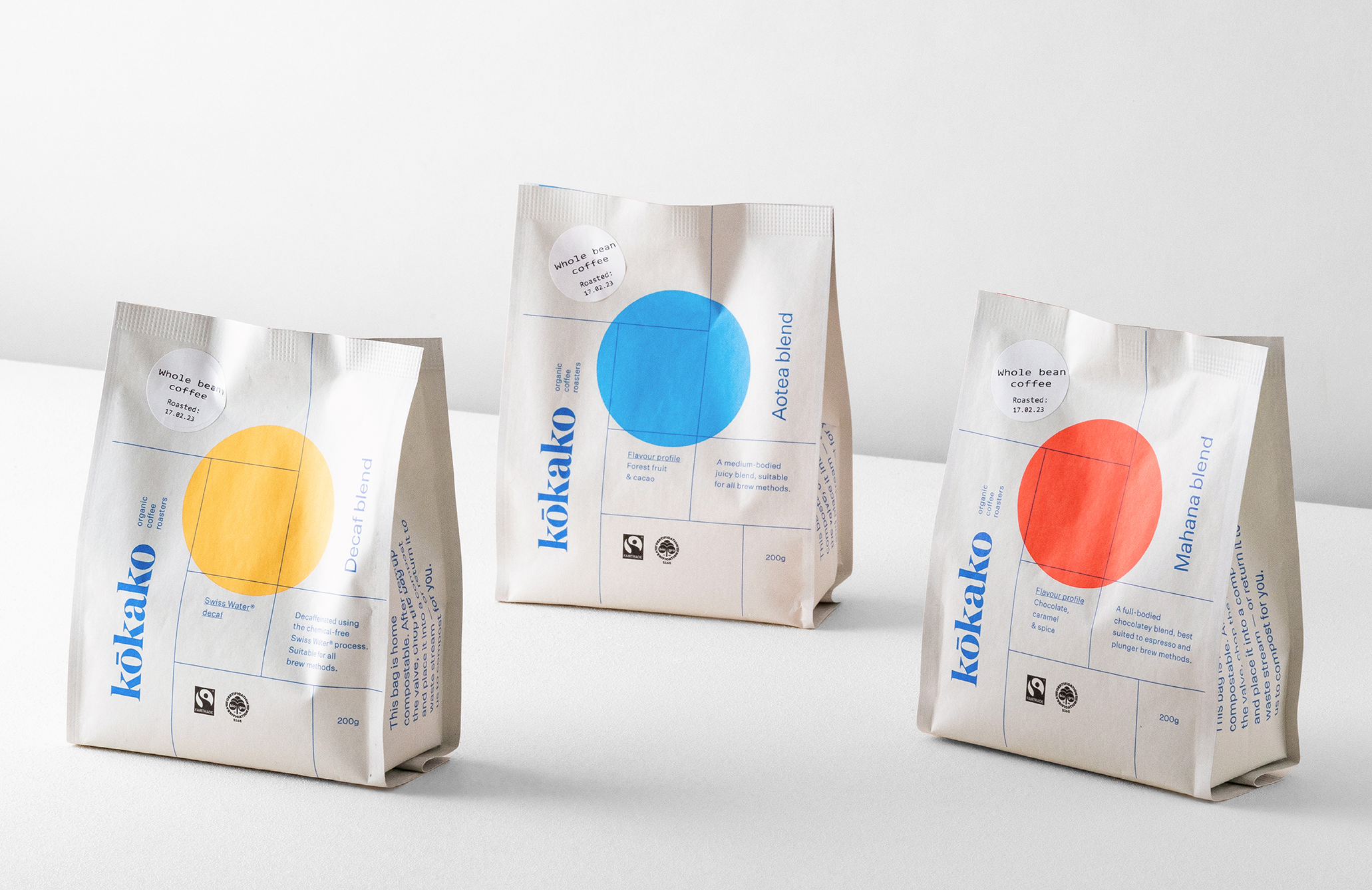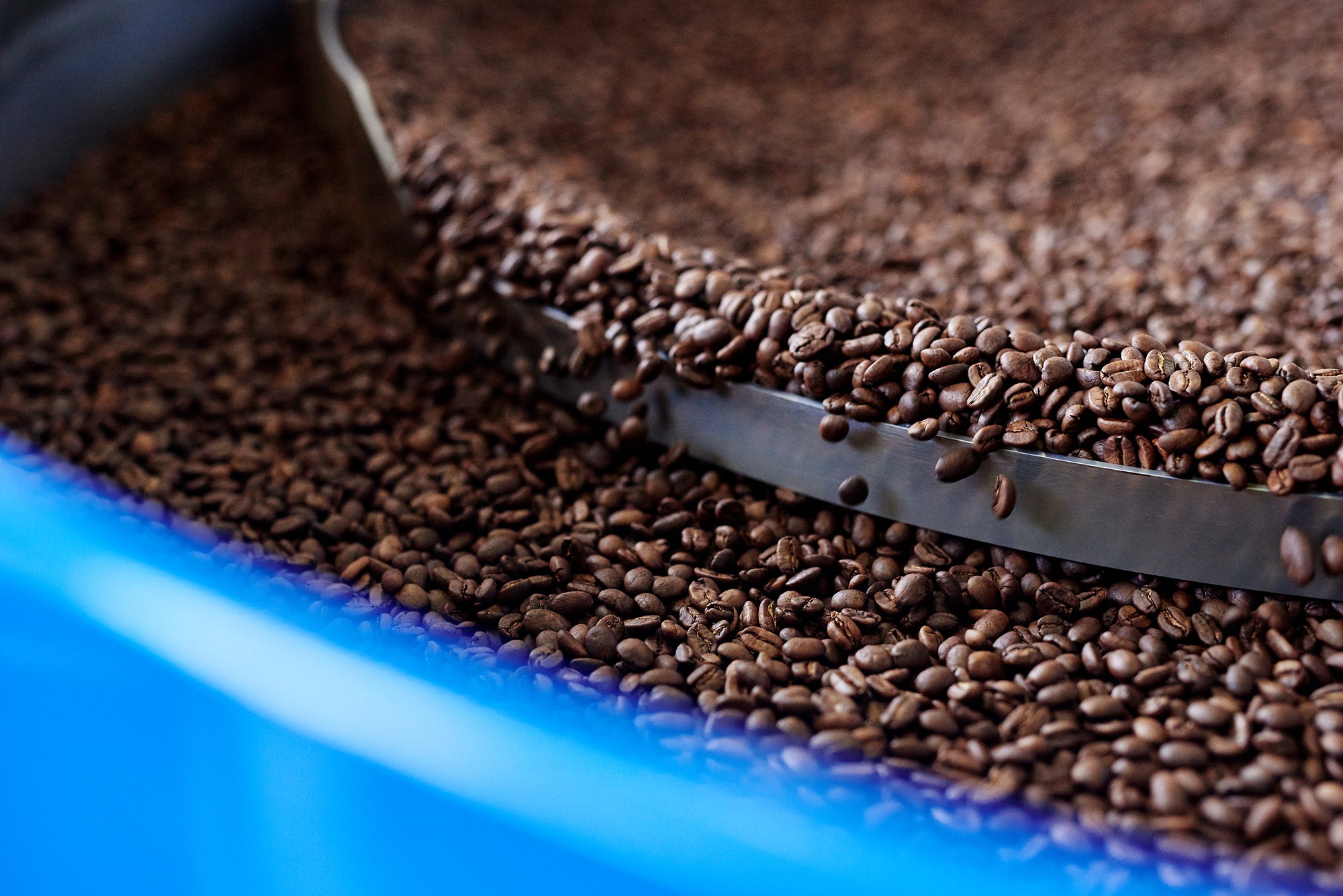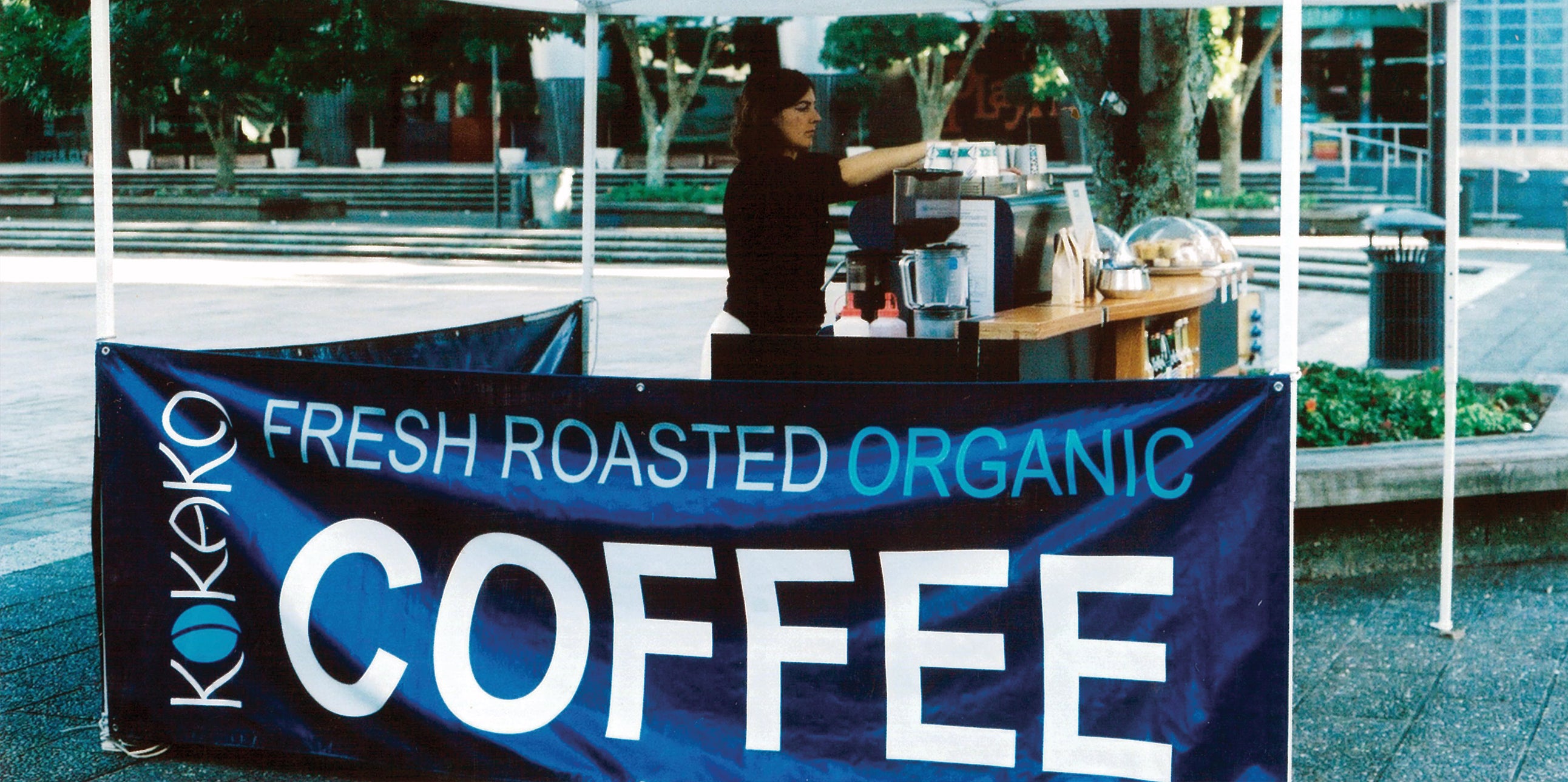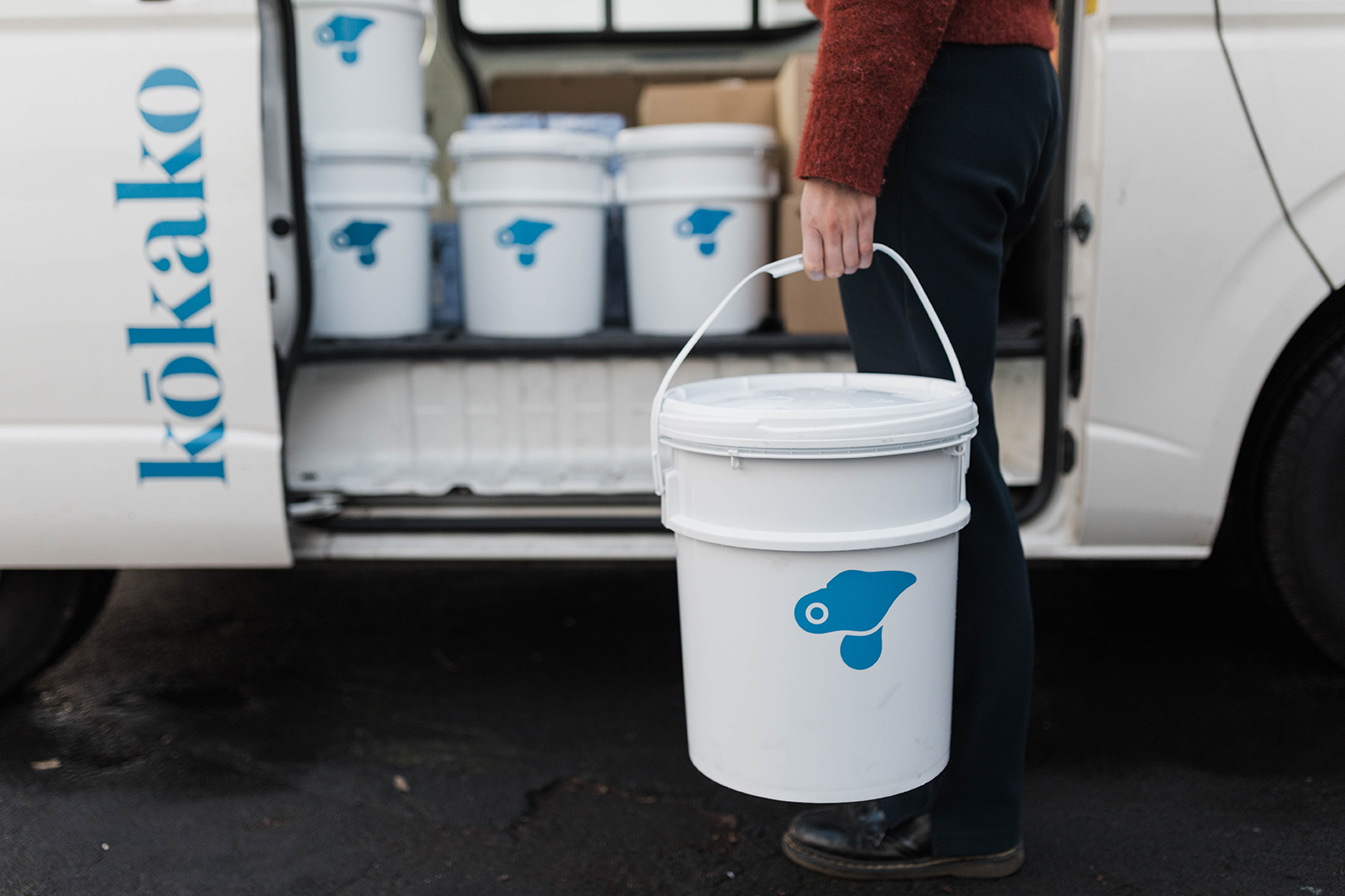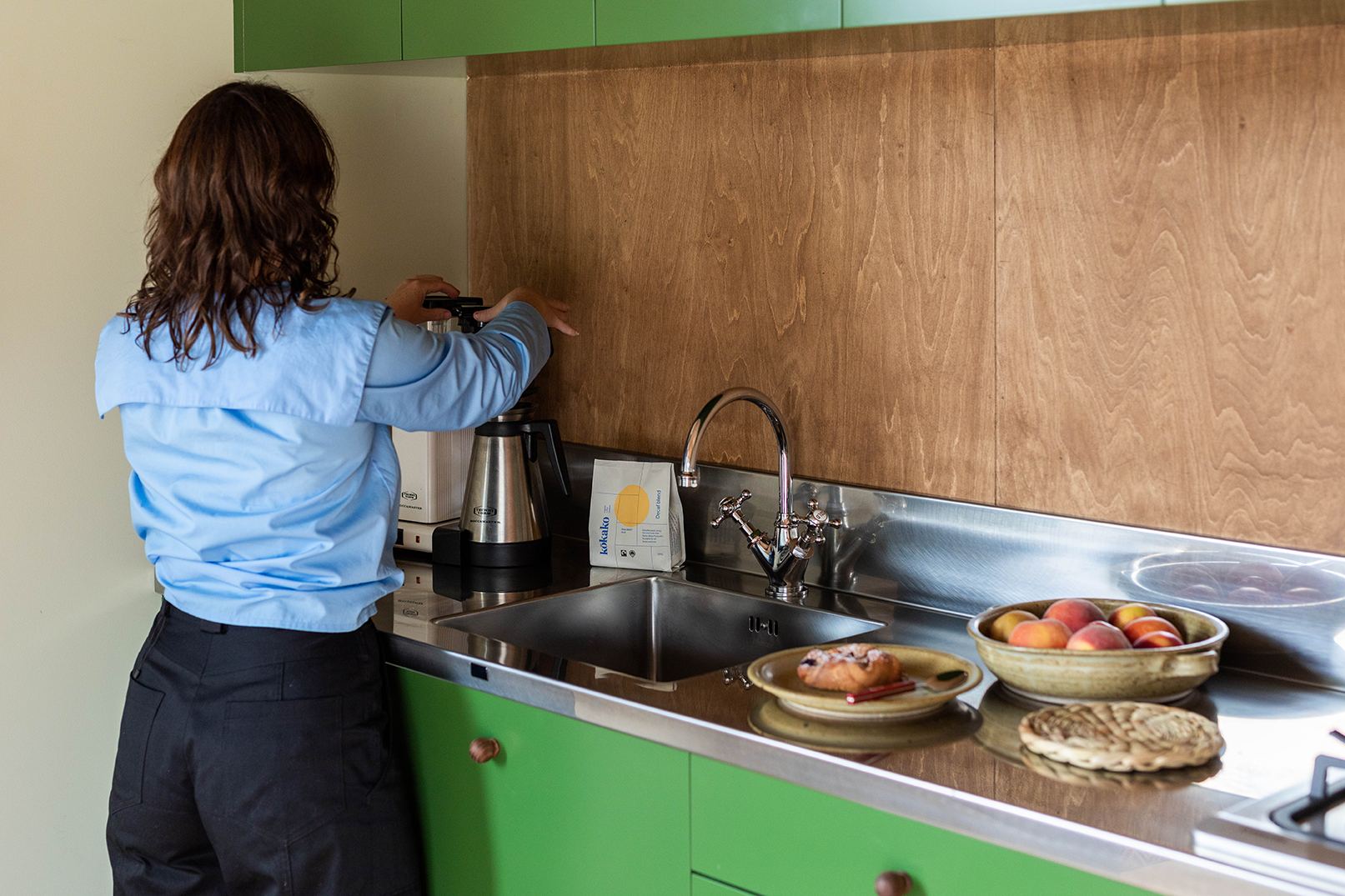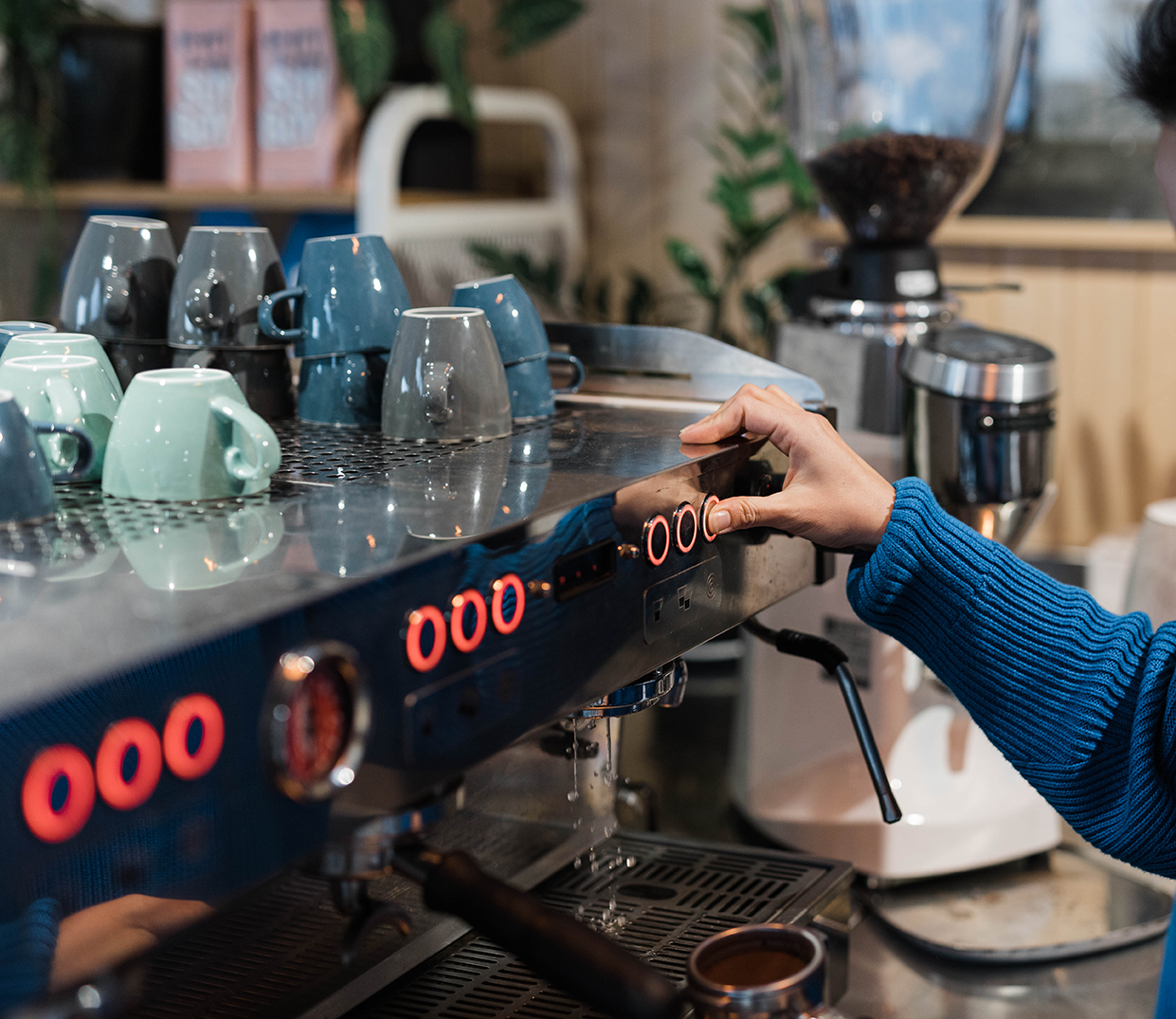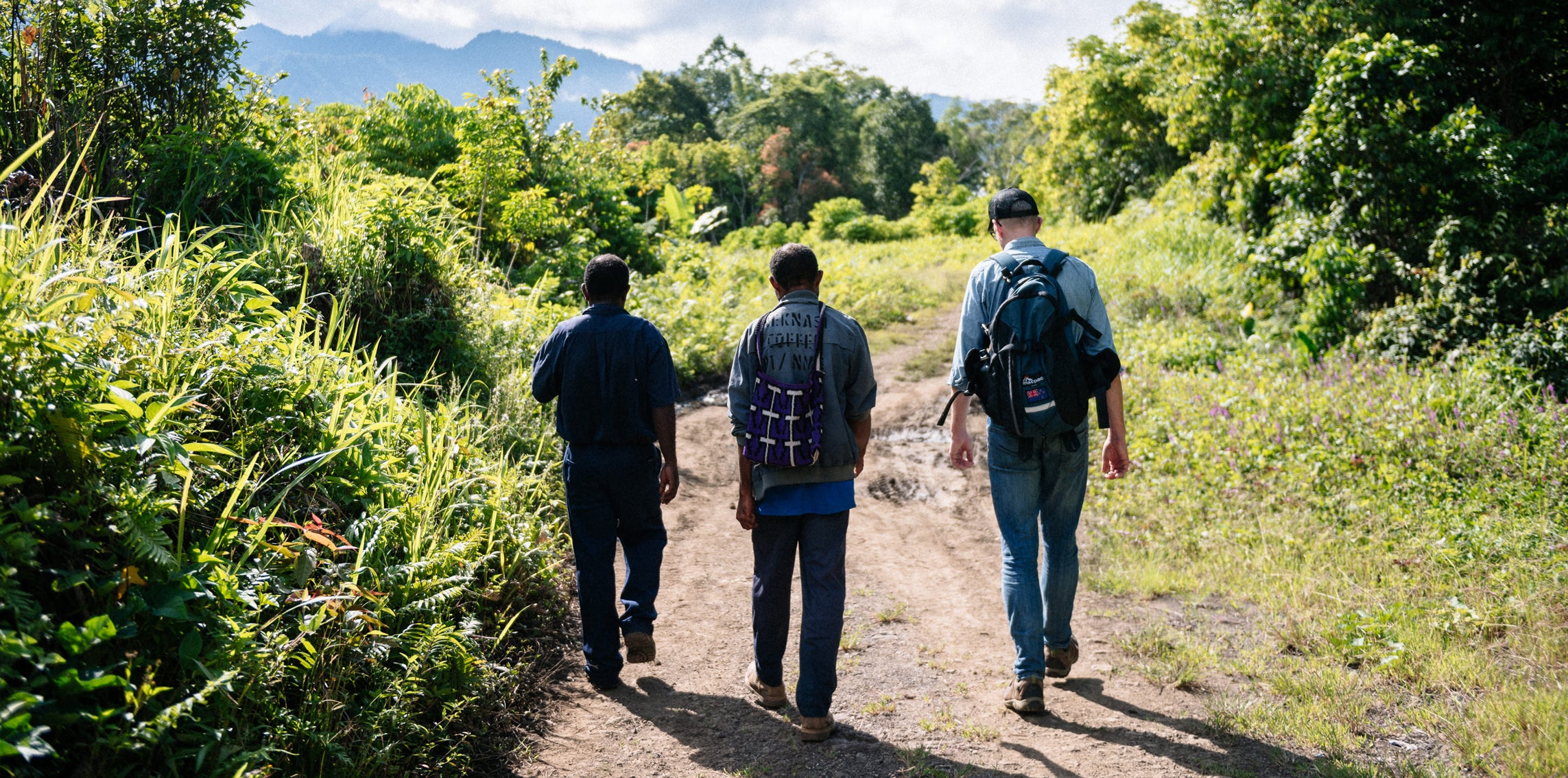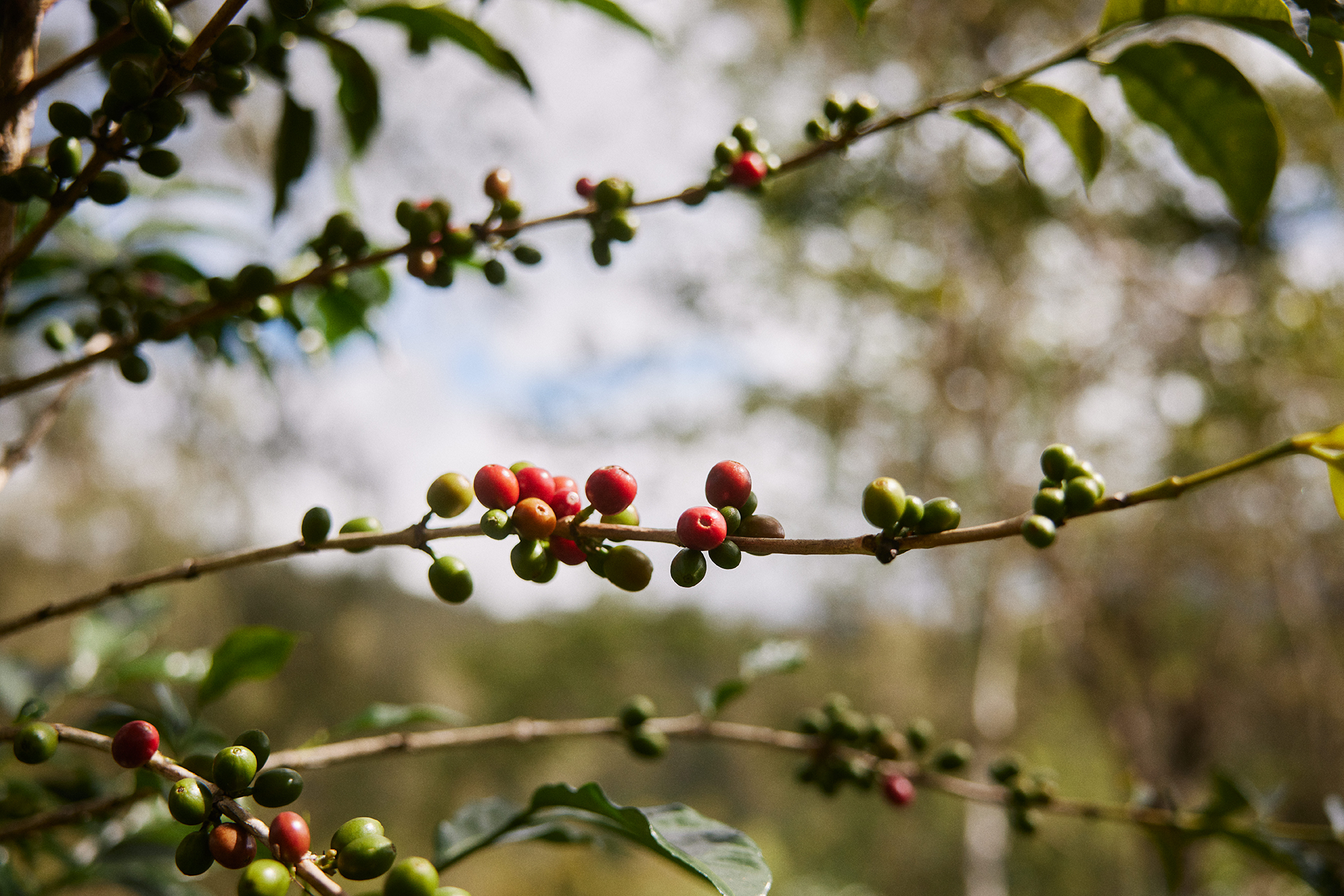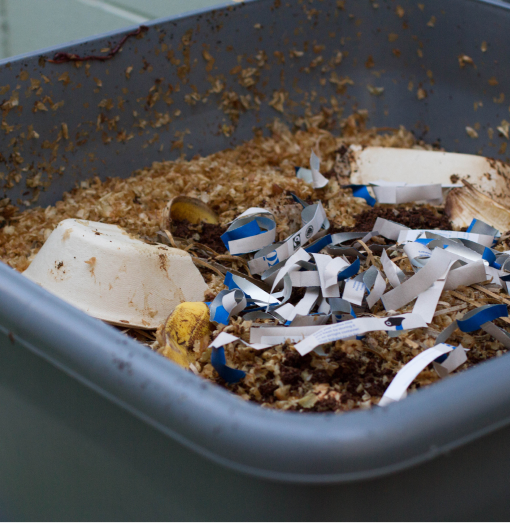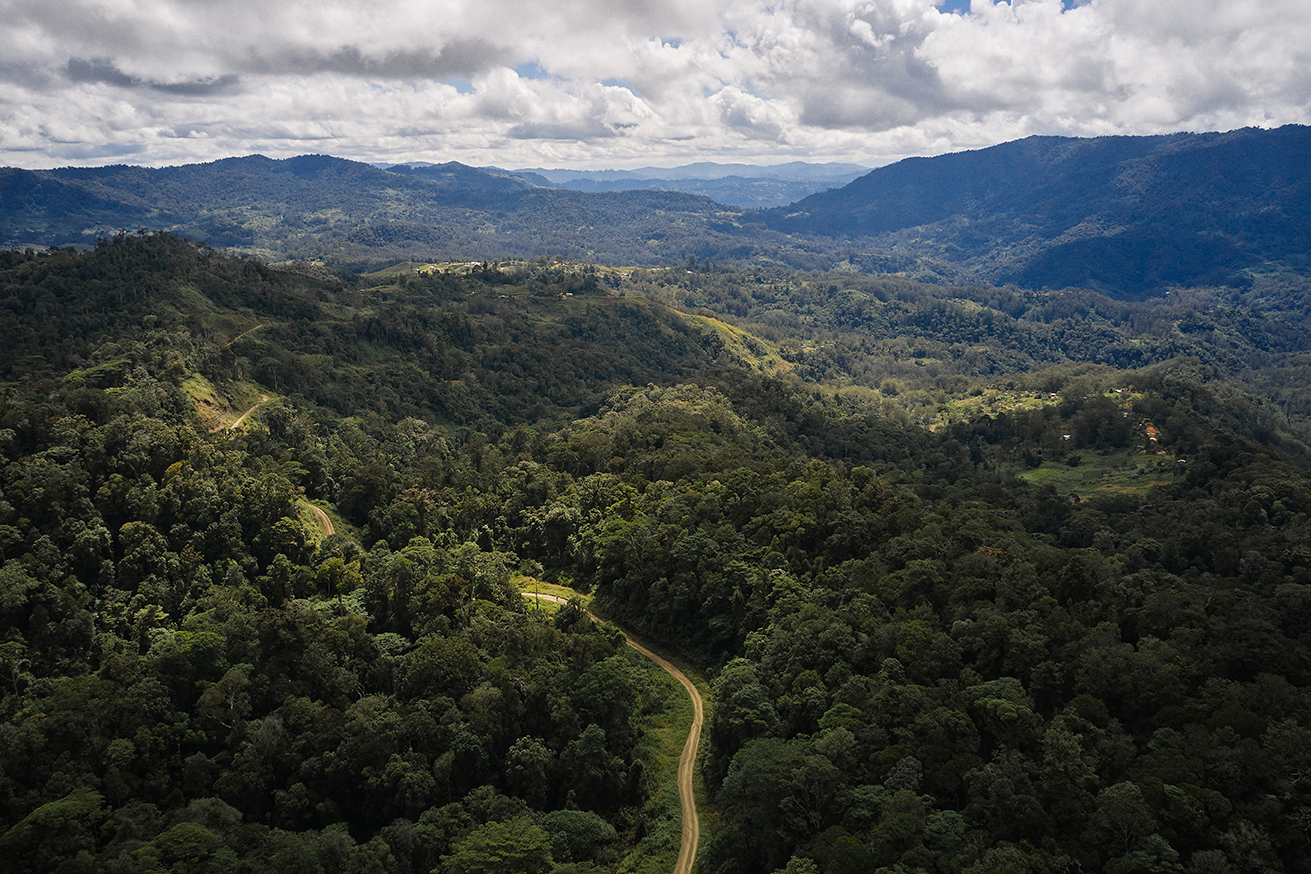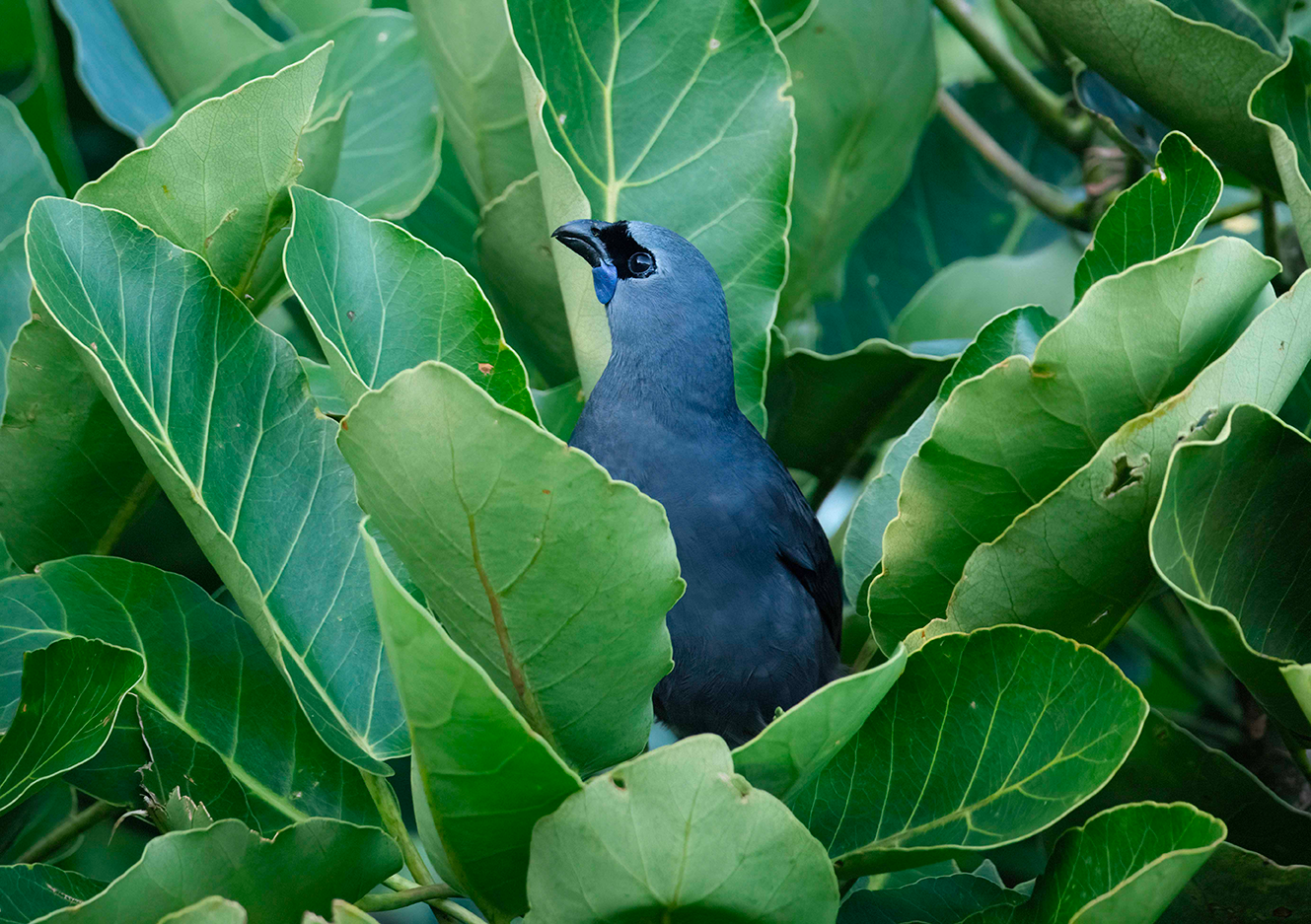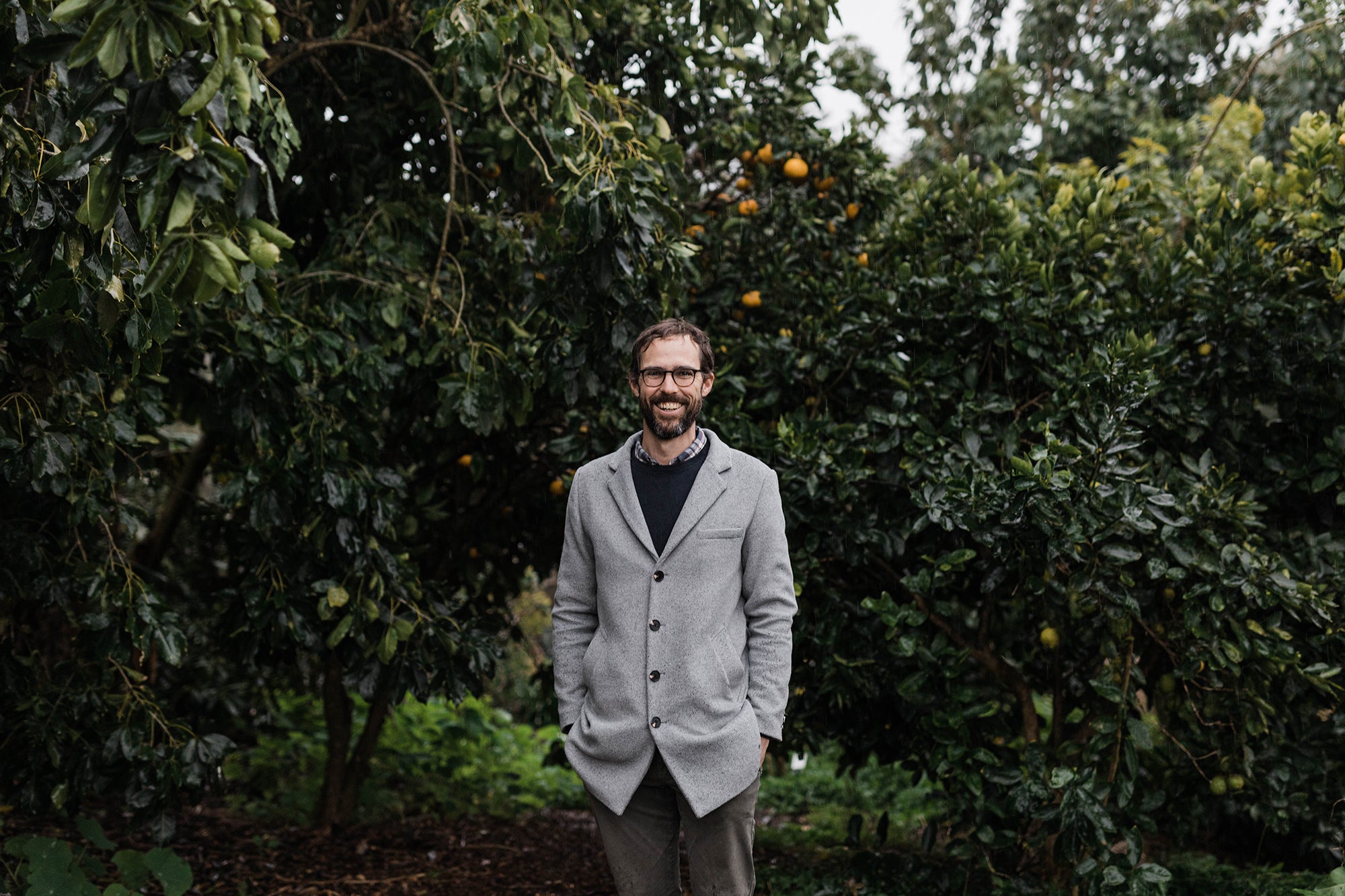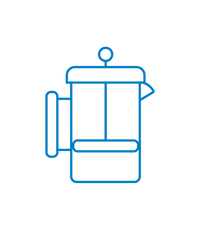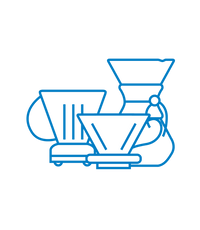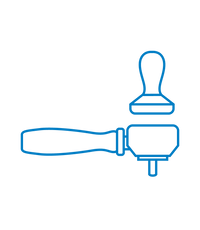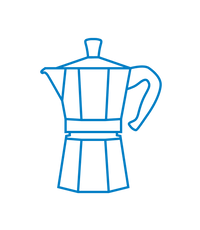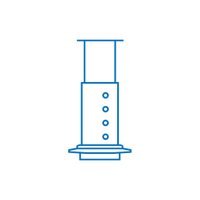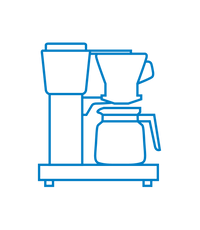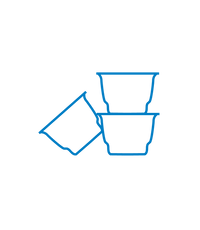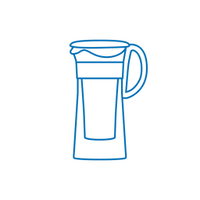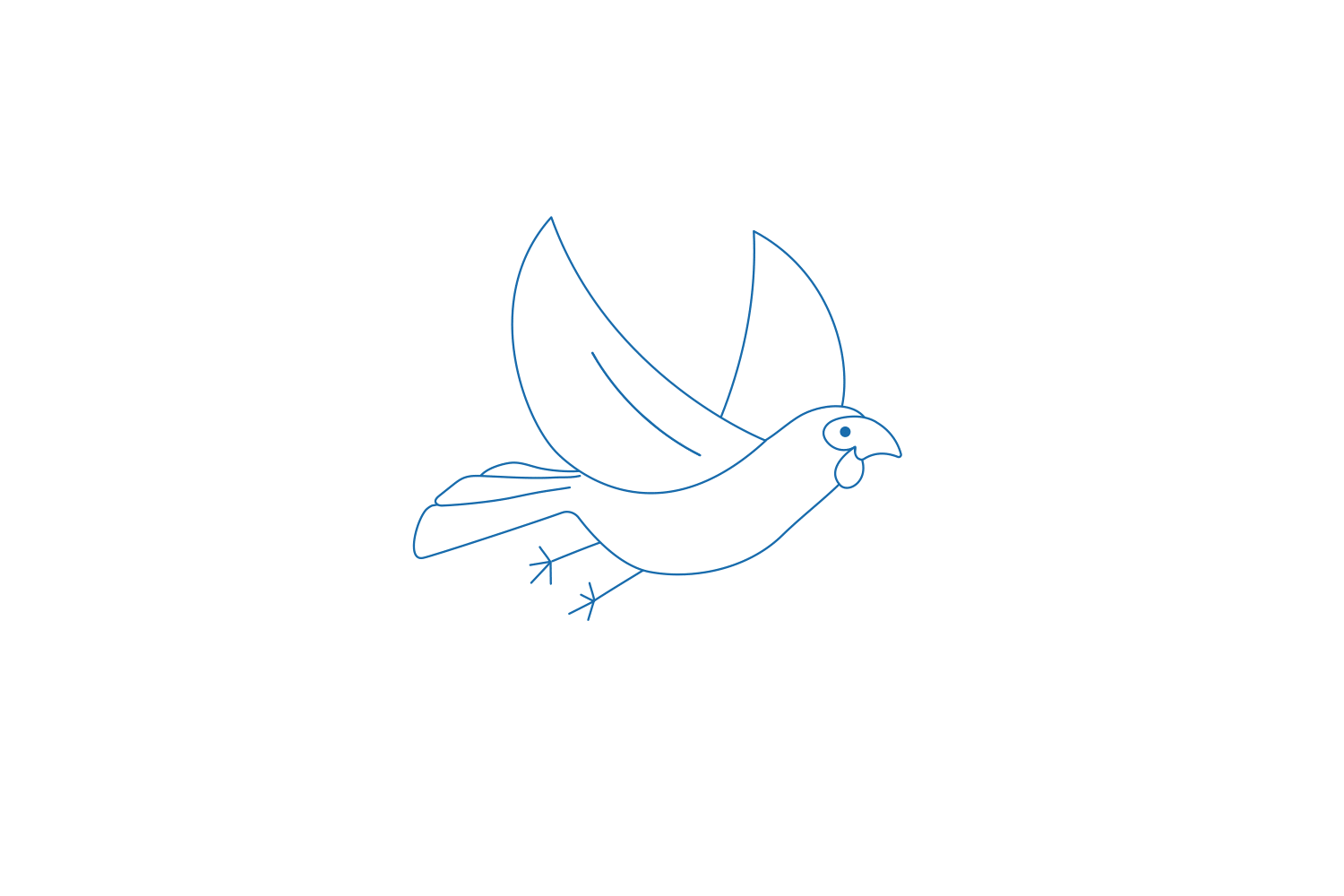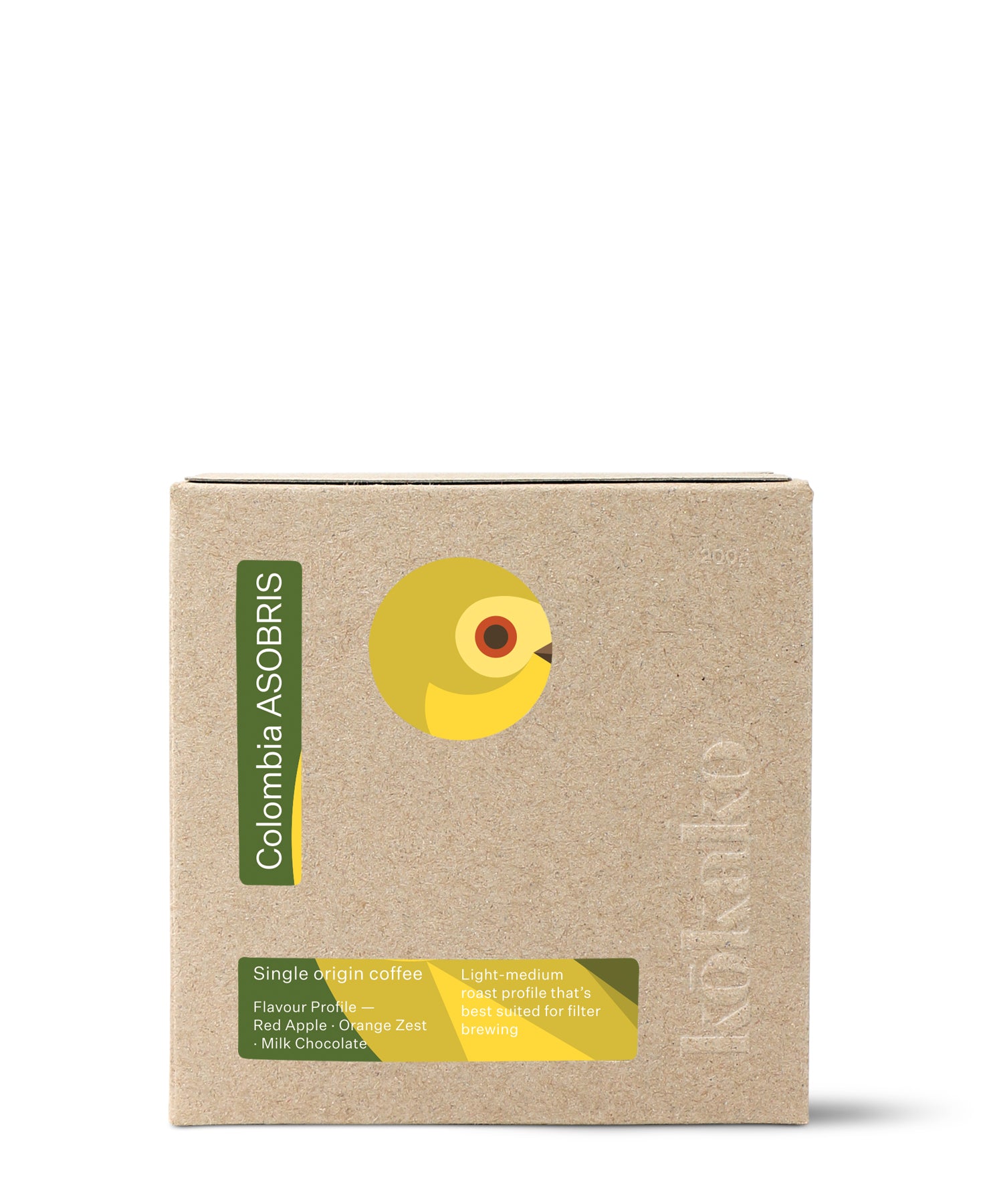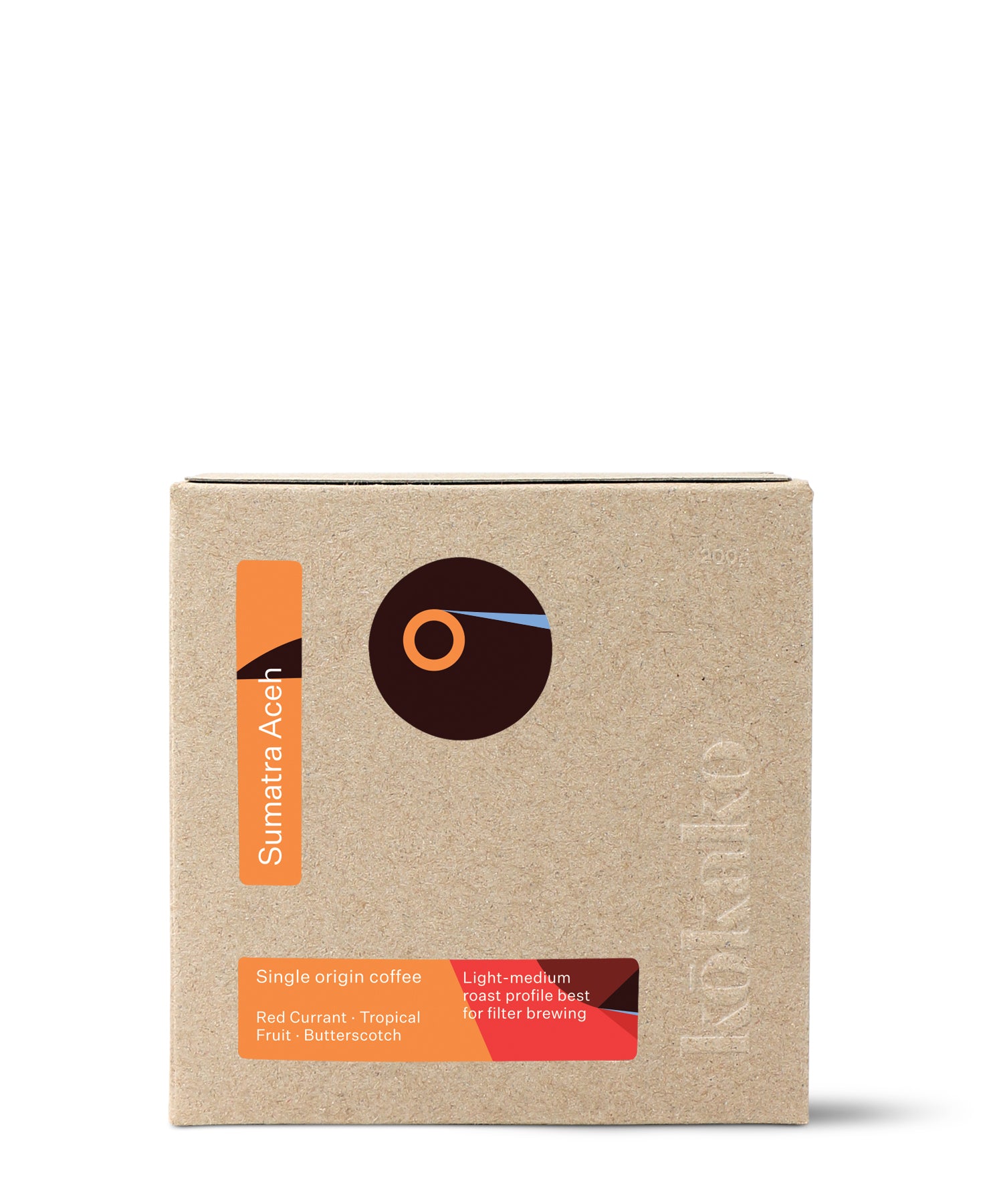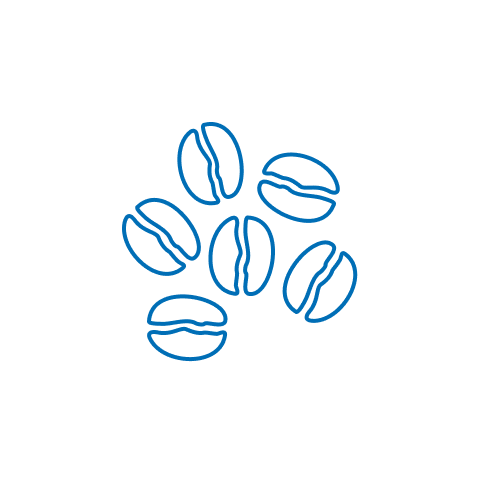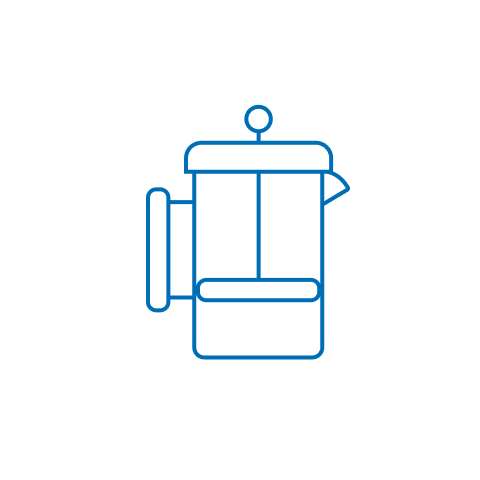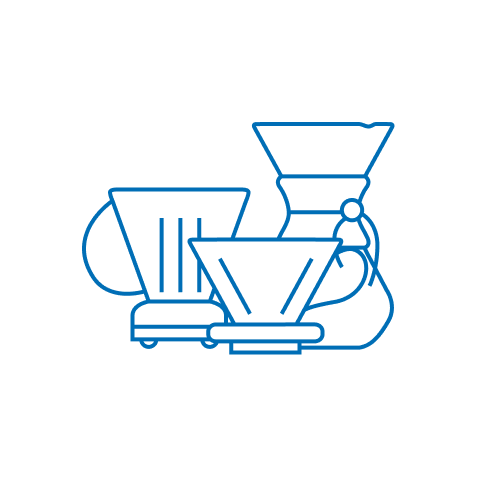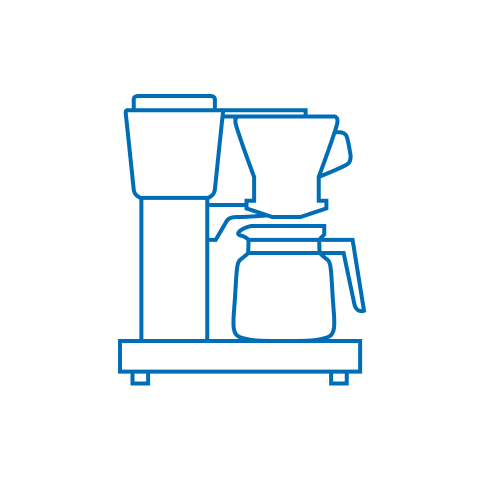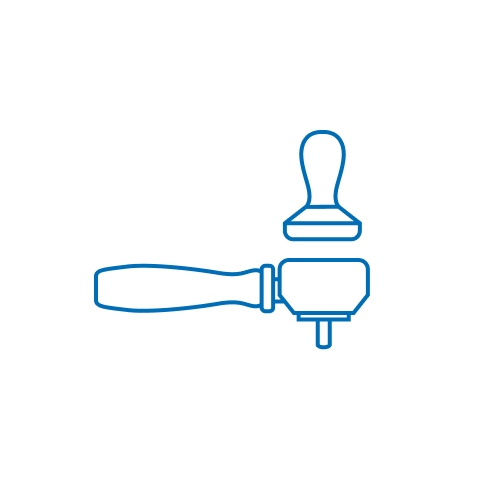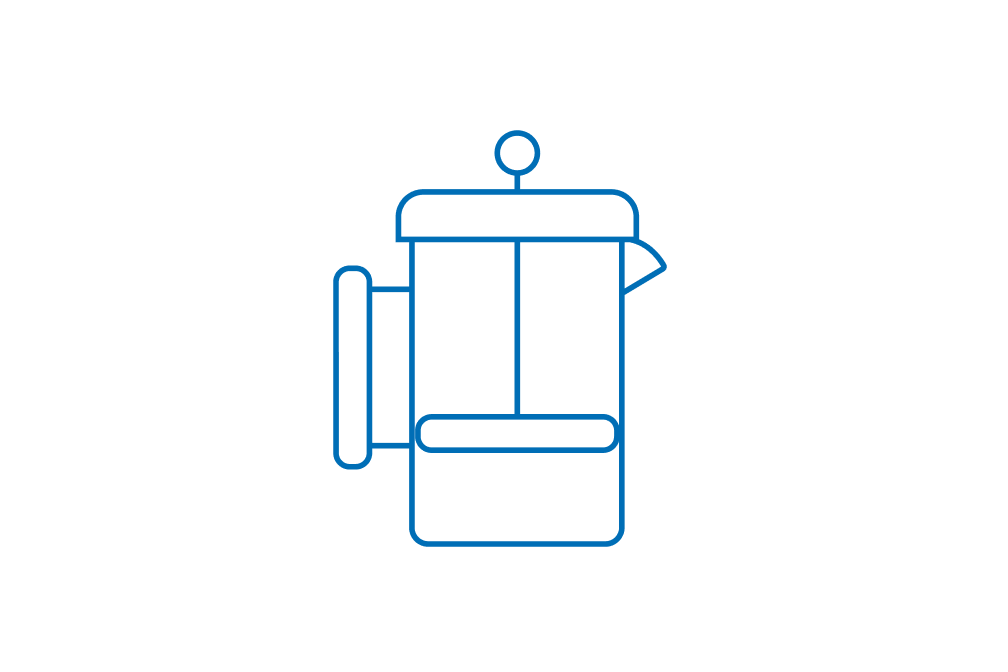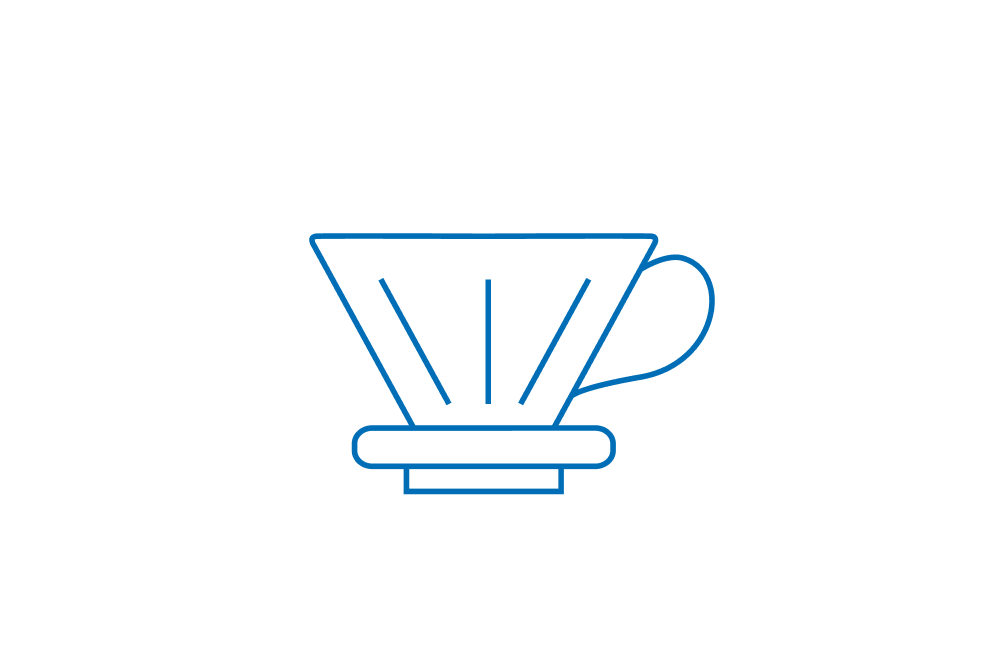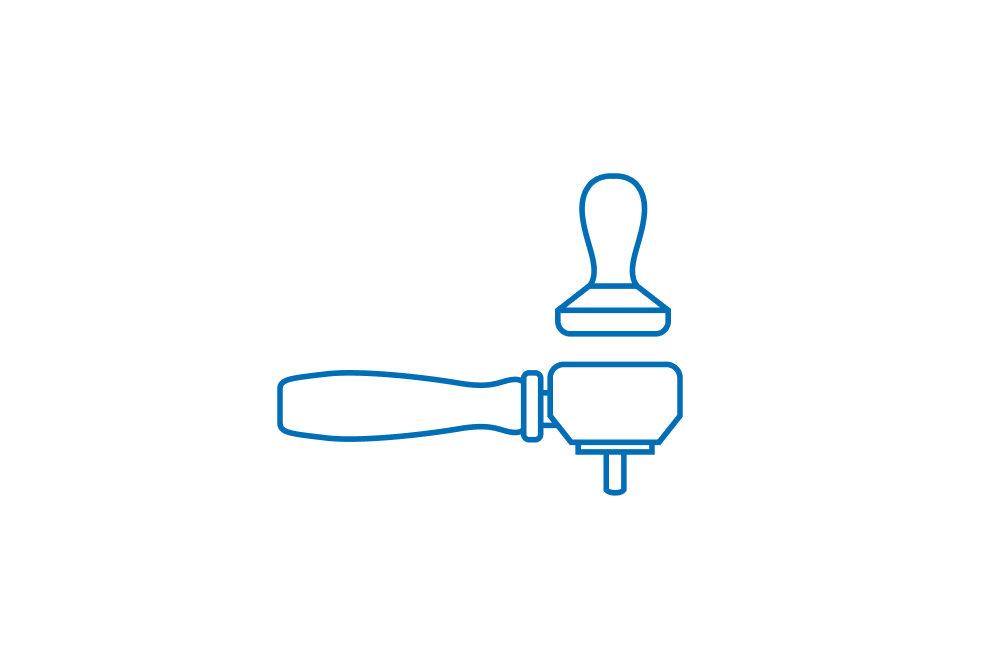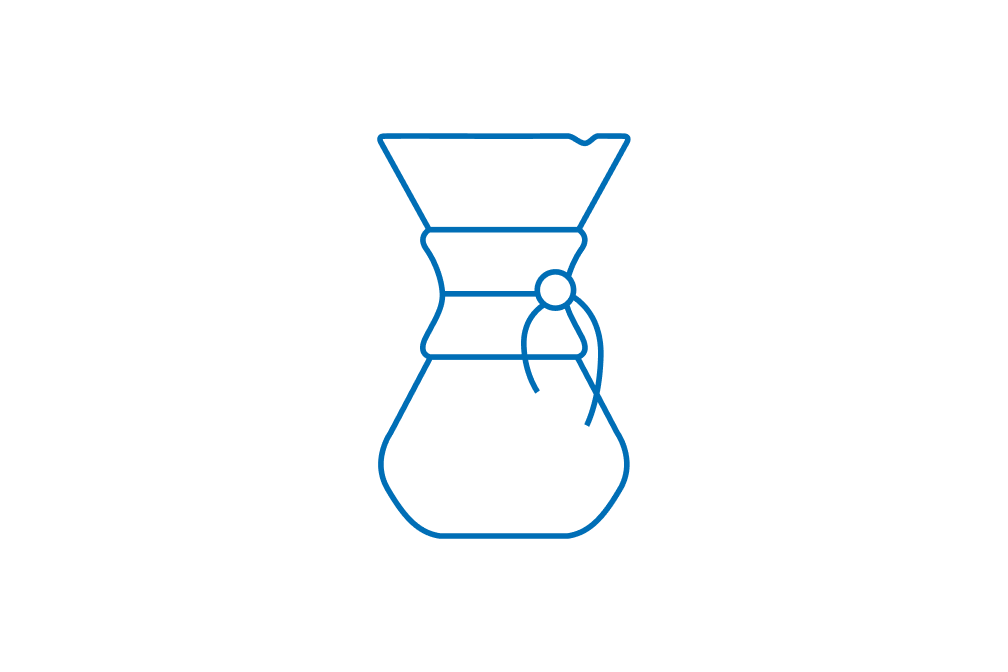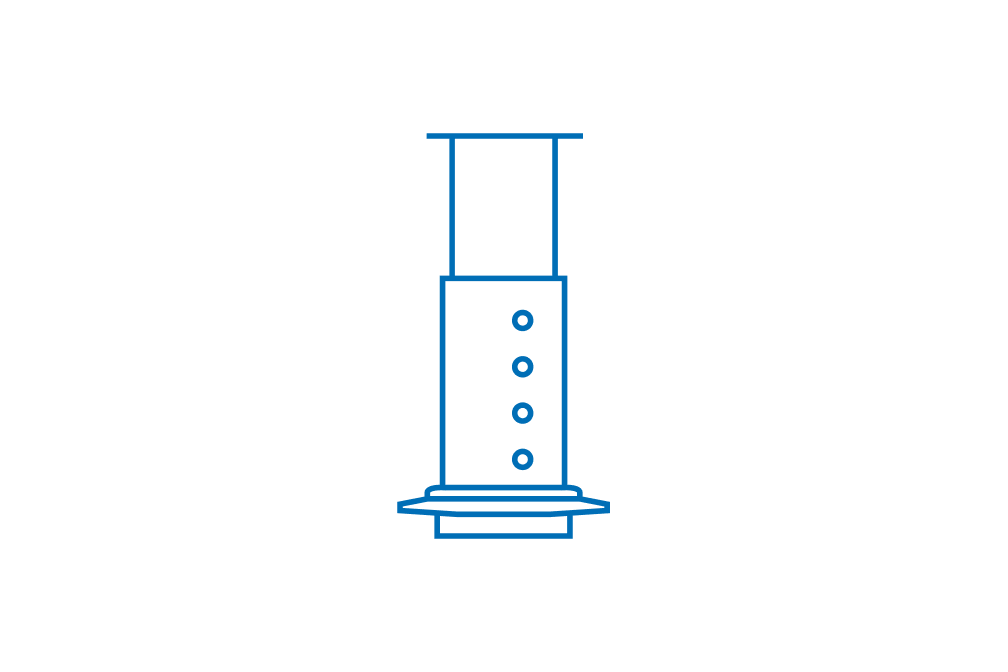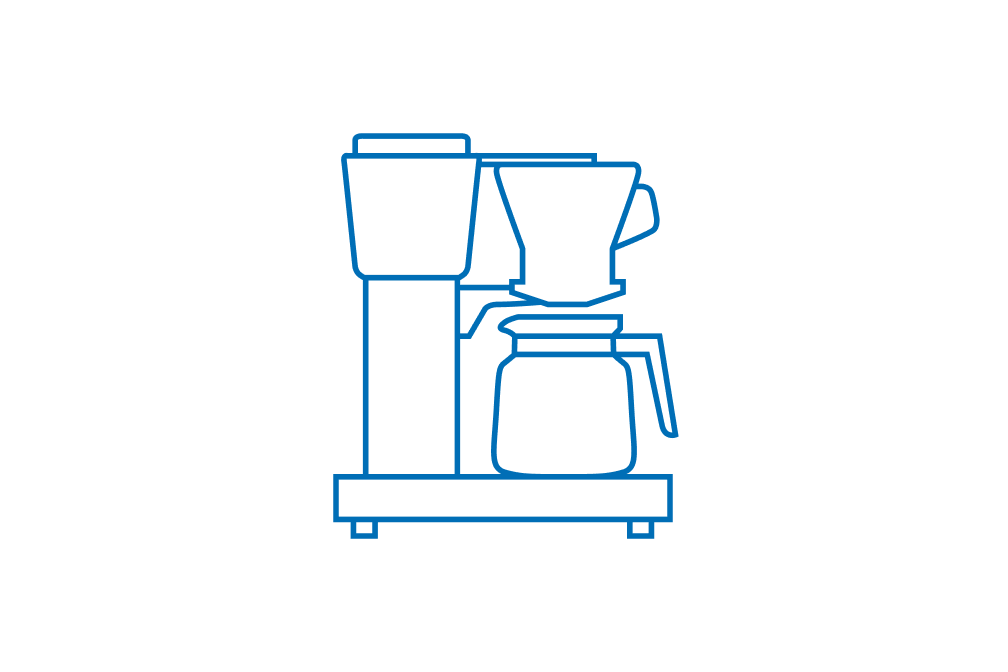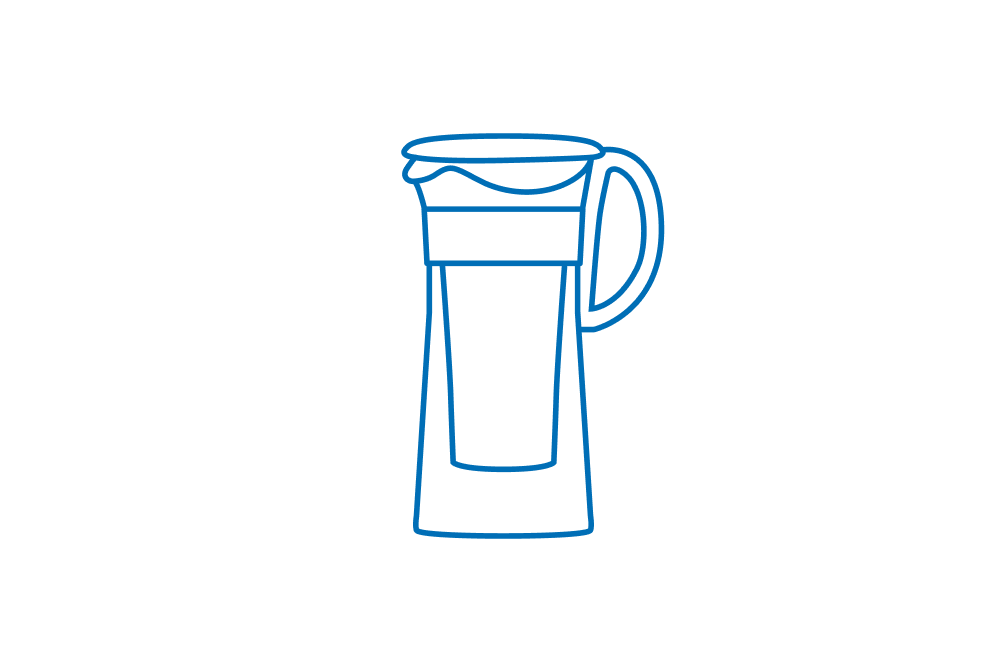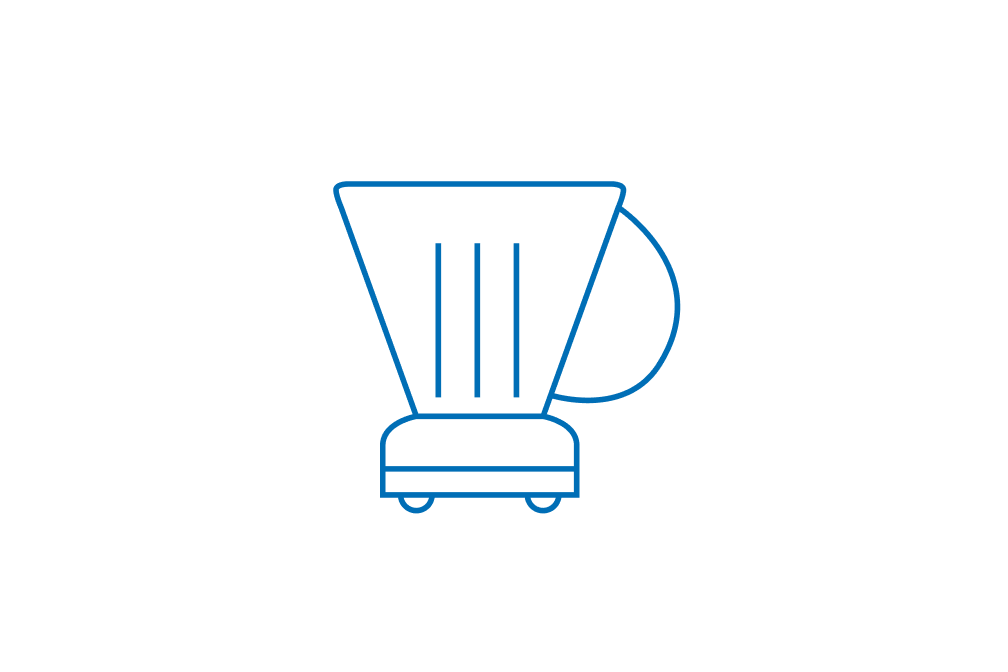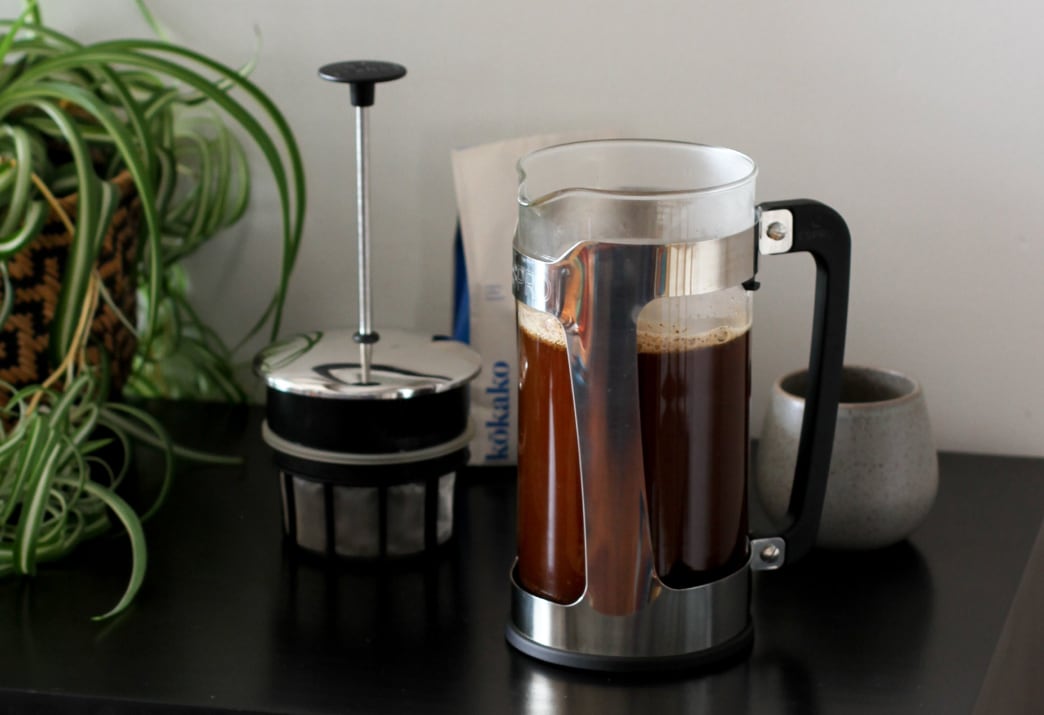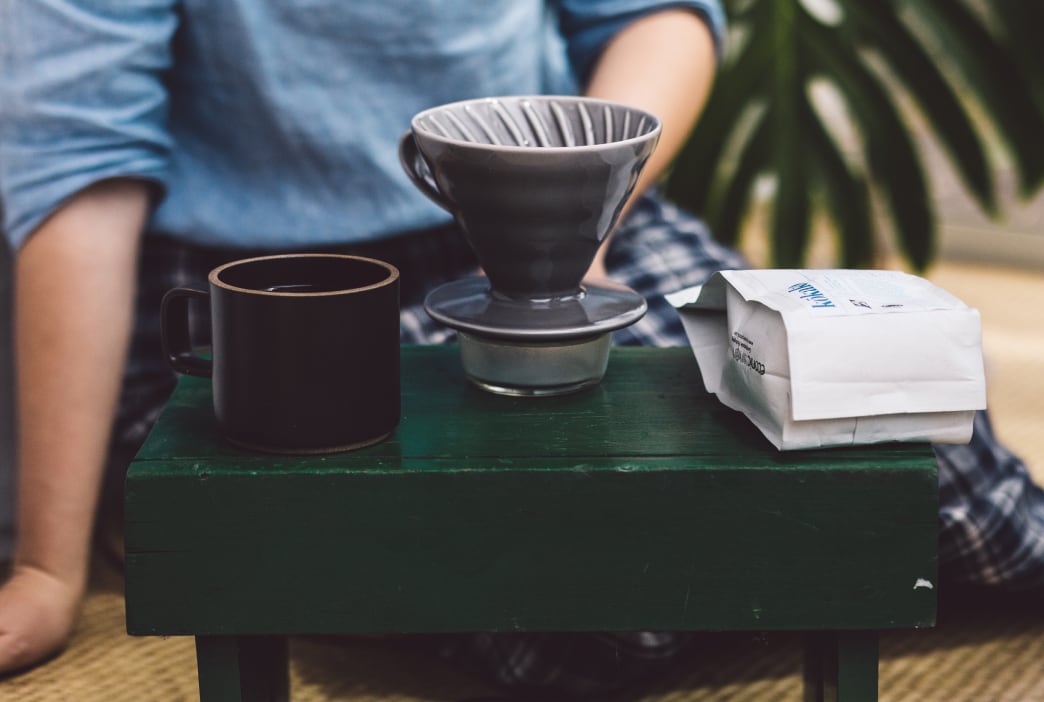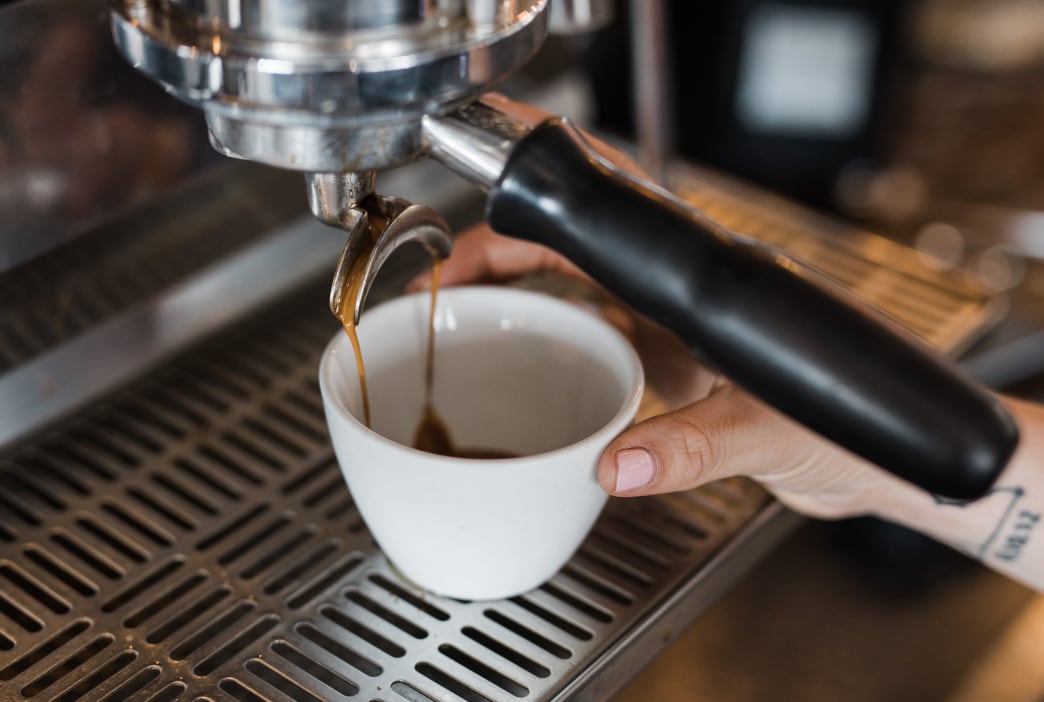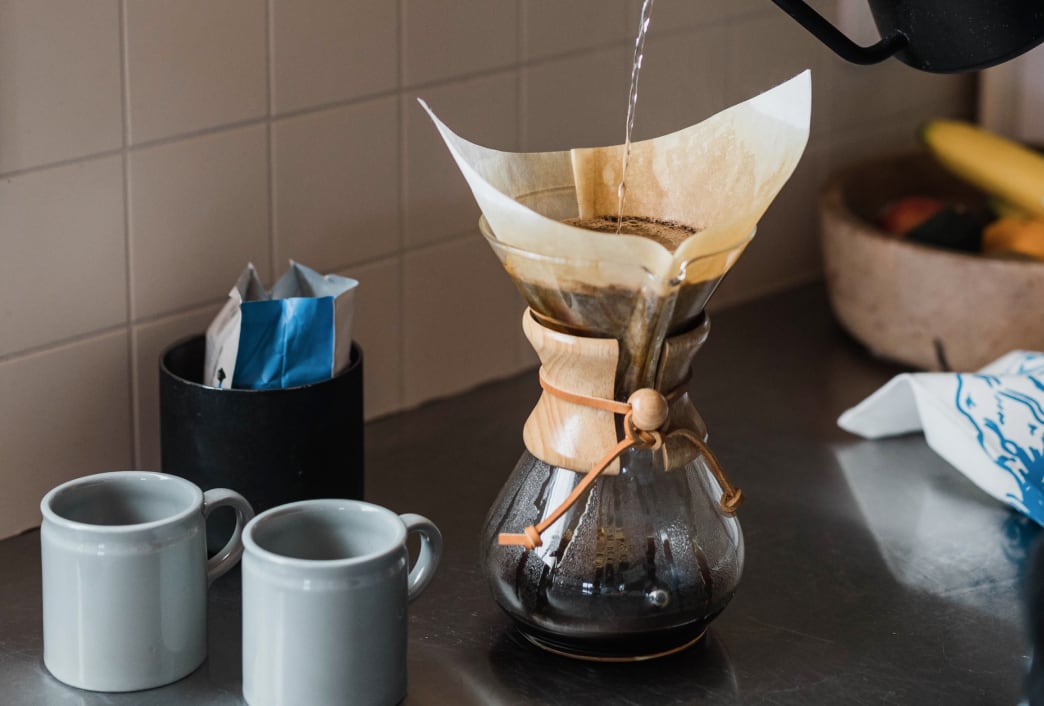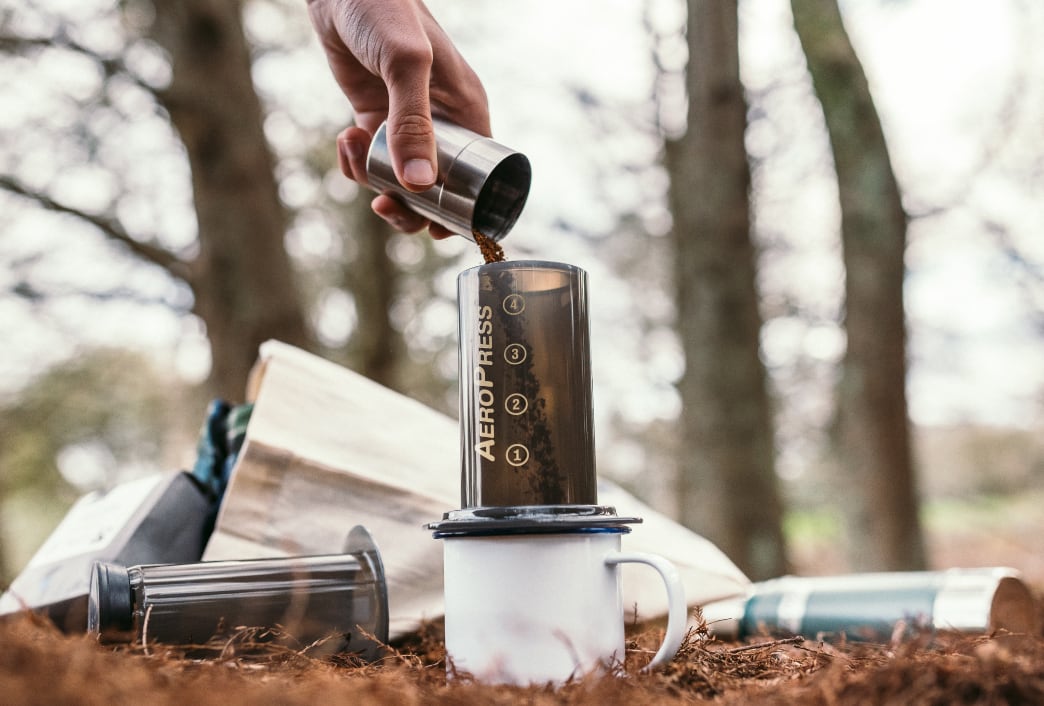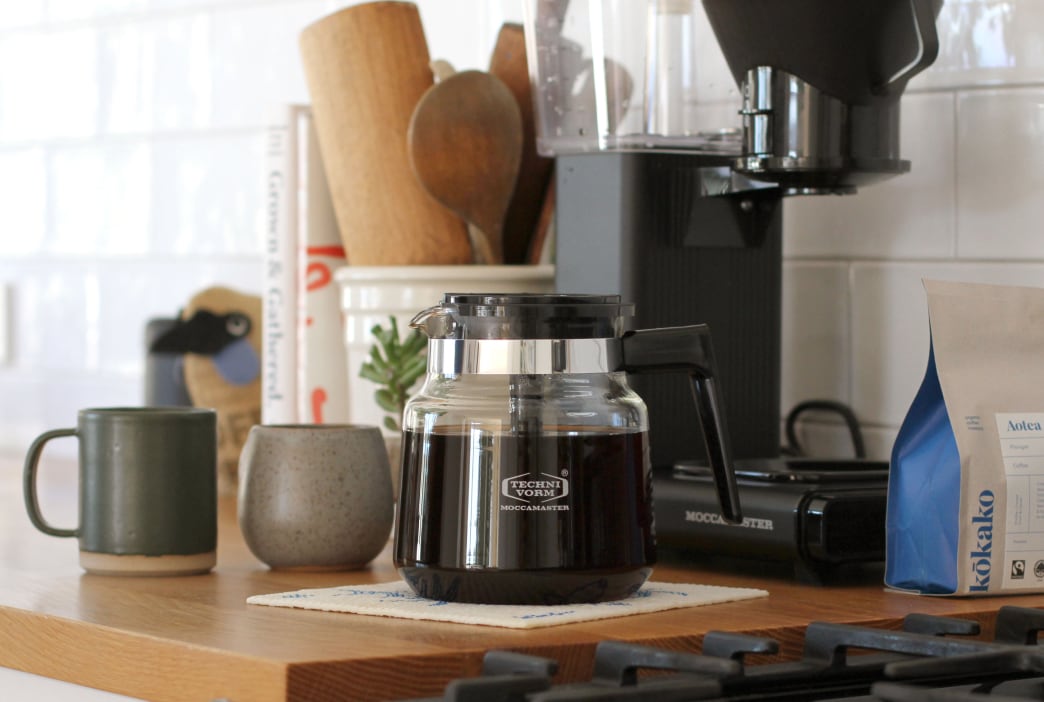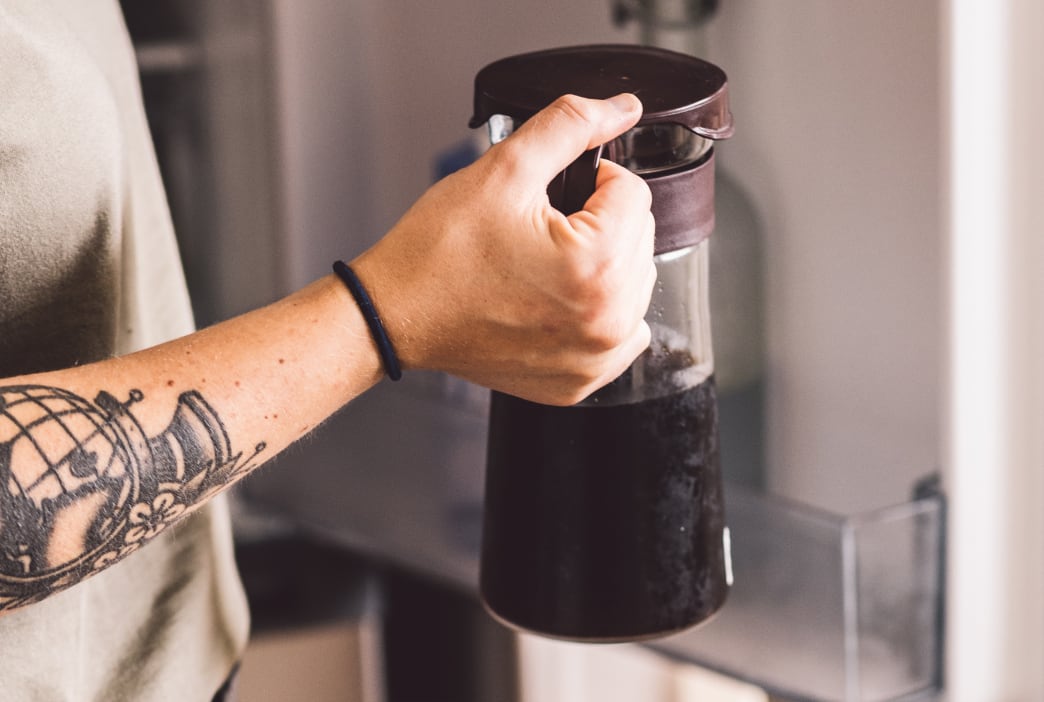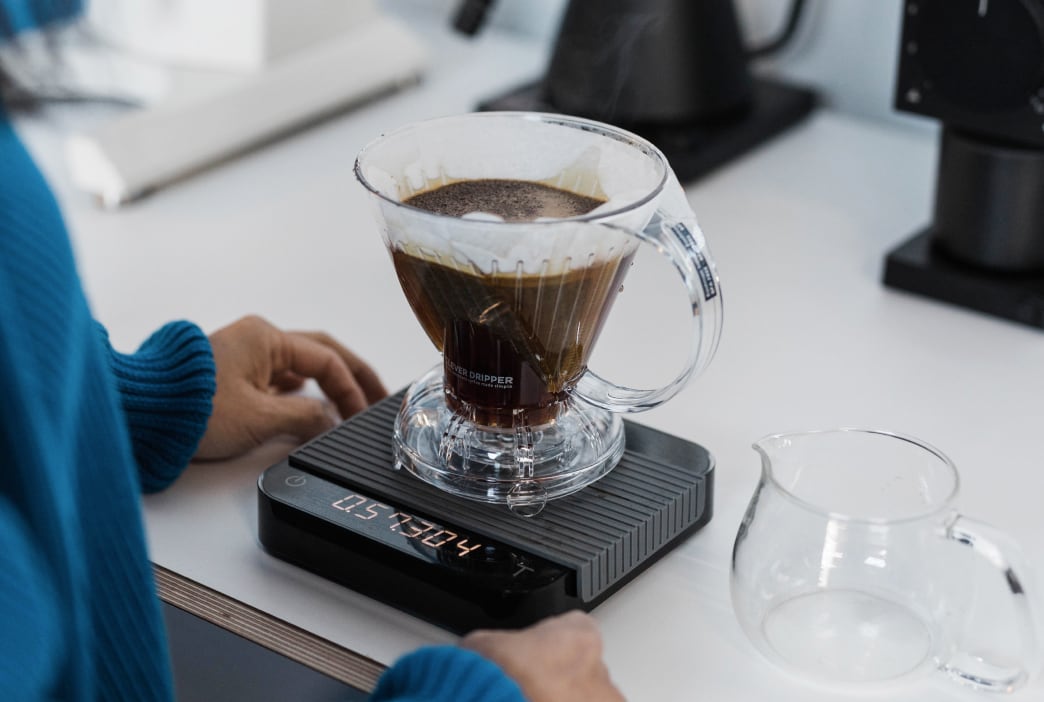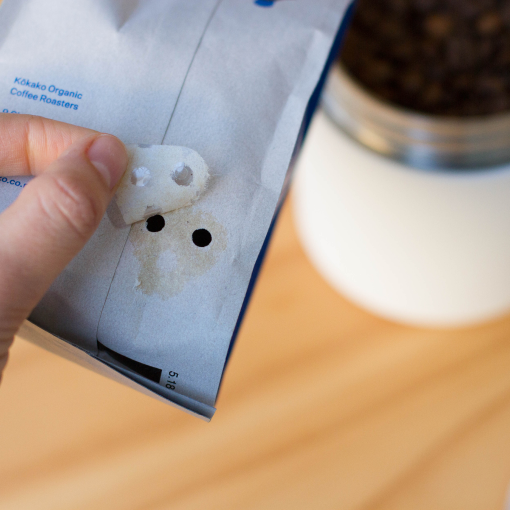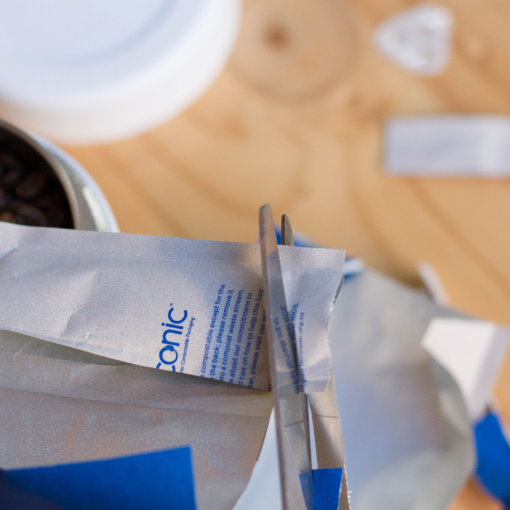January 10, 2022
Nick Morrison, Go Well Consulting: Sustainability starts with strong leadership
As consumers become more discerning, and people across the globe are increasingly worried about the impact climate change is having, pressure is on businesses to do the right thing.
But with so many different solutions available for companies to champion environmentalism, it can be difficult to know where to start. Which is why sustainability consultants are becoming such a beacon of hope for many brands; they can navigate the world of greenwashing, decipher data and create tangible, achievable solutions for people wanting to get their product or service out into the world, but in a way that doesn’t degrade our already fragile planet. Companies that want to exist within a circular economy are increasingly consulting sustainability experts, to figure out how to create a society that recycles and repurposes more than it generates and produces.
Go Well Consulting is a sustainability consultancy agency that we’ve worked with on our latest two sustainability reports. Their team helps businesses both launch and evolve, and their founder Nick Morrison is passionate about taking care of our planet. “Businesses and our economies need to shift to a circular system, and it’s not enough to just sustain the status quo of the planet,” he says, and we couldn’t agree more.
Here, we speak to Nick about why he started Go Well Consulting, what we can all do to be part of the change, and how a circular economy can tackle our ever-growing waste problems.

How do you approach a sustainability report as a company?
That’s the really good thing about using the GRI (Global Reporting Initiative) framework – it’s a really clear, specific and relatively easy process to follow. One of the key things about writing a really good sustainability report is that you don't want it to just be a marketing report, because anyone can put a document together and say it’s their sustainability report. I’ve seen a few where they literally just talk about a couple of things they’re doing really well and put that out there saying ‘we’re sustainable’. What the GRI does to combat that and make sure your report has integrity is get you to engage with your stakeholders, so there’s a big piece around what we call stakeholder engagement. So you work through who your stakeholders are and your stakeholder groups and then go about talking to them, either through one-on-one interviews or focus groups or emails, surveys or social media. You ask them what’s important to them and what topics they’d like to see in a report and what business-related impacts they’re concerned about. Then you take all that information and review what they’ve told us in what’s called a materiality assessment.
Can you tell us more about a social license to operate and what this means?
So a social license to operate is having your community onside and supportive of you as a business. So a good example of a bad social license is your fossil fuel companies; we obviously know so much about the damage that they’ve done over the years in terms of polluting the atmosphere and continuing to do it and lying about it. Setting public discourse around climate change not being a real thing. They don’t have a huge social license, as a lot of people don’t want to invest in them or work for them. A good social license is a business that people are proud to have in their community or want to work for who are willing to help out and say ‘hey look I got this’, or ‘this coffee’s Kōkako’ or ‘this shirt’s from Patagonia’.

What do you feel are some things that businesses could change in their day-to-day operations but are often not doing?
It is a little bit case-by-case. So we go in with the high-level mission of moving from a linear to a circular system and having a regenerative impact, but we still have to dive into each business and have a look at operating. With the understanding that business is not just about making a profit; yes, you need to make a profit to make money to pay jobs and tax, but it’s not just about that. It’s about improving and upskilling people, it’s about solving problems that we face as a society. So I think people can think about the social, environmental and economic impacts all together and understand that they are all interconnected. That’s a step in the right direction.
Do you feel as though you’ve learnt a lot since starting Go Well Consulting?
Absolutely, and I’m still learning. A, it’s sustainability, and B, being a consultant, you get asked to come into businesses because you ideally know more than them, so you’ve got to keep ahead of the game and keep up with the developments. But also in the space of sustainability, things are happening really quickly and a lot of that’s driven by science. So if you look into the science of climate change or biodiversity loss, we don’t have long. There’s real energy and urgency to get things happening really quickly.
What are some ways you try to be more sustainable and live by the values of the business?
I guess that’s where it all started for me. Looking at my own life and realising I was part of the problem. I used to live in London and I vividly remember being in a supermarket with a plastic bag of groceries in my hand and reading an article in the paper about plastic bags and the impact they’re having. Something clicked and I realised ‘wow that’s me’, I had some bananas and a loaf of bread or something and was only going to be carrying that bag three minutes up the road, but it would be on this planet longer than my children’s children’s children. I don’t want to be a muppet going through life creating problems, so a starting point for me was single-use plastics. That’s a good entry point I think into sustainability and the circular economy. I’ve always made sure I composted, and then a big one for me was my diet and coming to grips that eating a lot of meat was not great, A for my own health and B for the health of the planet. Being a South Island born and bred lad from Timaru, the culture is around eating meat, especially as a male. So I started just by doing Meat Free Mondays. I eat meat still now, but very rarely; I call myself a free-ranger, so free-range meat. And now my palette has been opened up to a wider range of delicious foods.

Can you explain how businesses can work in a circular model?
It depends on what your service is, whether it’s a service or a product. But if it is a product it’s about keeping those products in circulation and flowing around the economy, not sending them to landfill. Sending things to landfill is what waste really is. So there’s what they call the natural cycles where nature keeps doing its thing; so for Kōkako the coffee grinds come out of the process and can go back into the soil. Then you’ve got your technical cycle or your synthetic cycle, and that’s things that need human intervention, such as plastics and computers and electronic wastes. So that won’t biodegrade if you put it into compost or soil, so that needs to be reused, repurposed, stored, repaired, and the last option is to recycle things back into raw materials. And you keep those raw materials going around and around rather than mining, blowing up mountains and cutting down forests to get more, then dumping those into landfill or the oceans when you’re done with them.
If you’d like to see more of Go Well Consulting’s work, head here. If you’d like to read our 2016, 2018 and 2020 sustainability reports, you can here.
Share
Back to articles